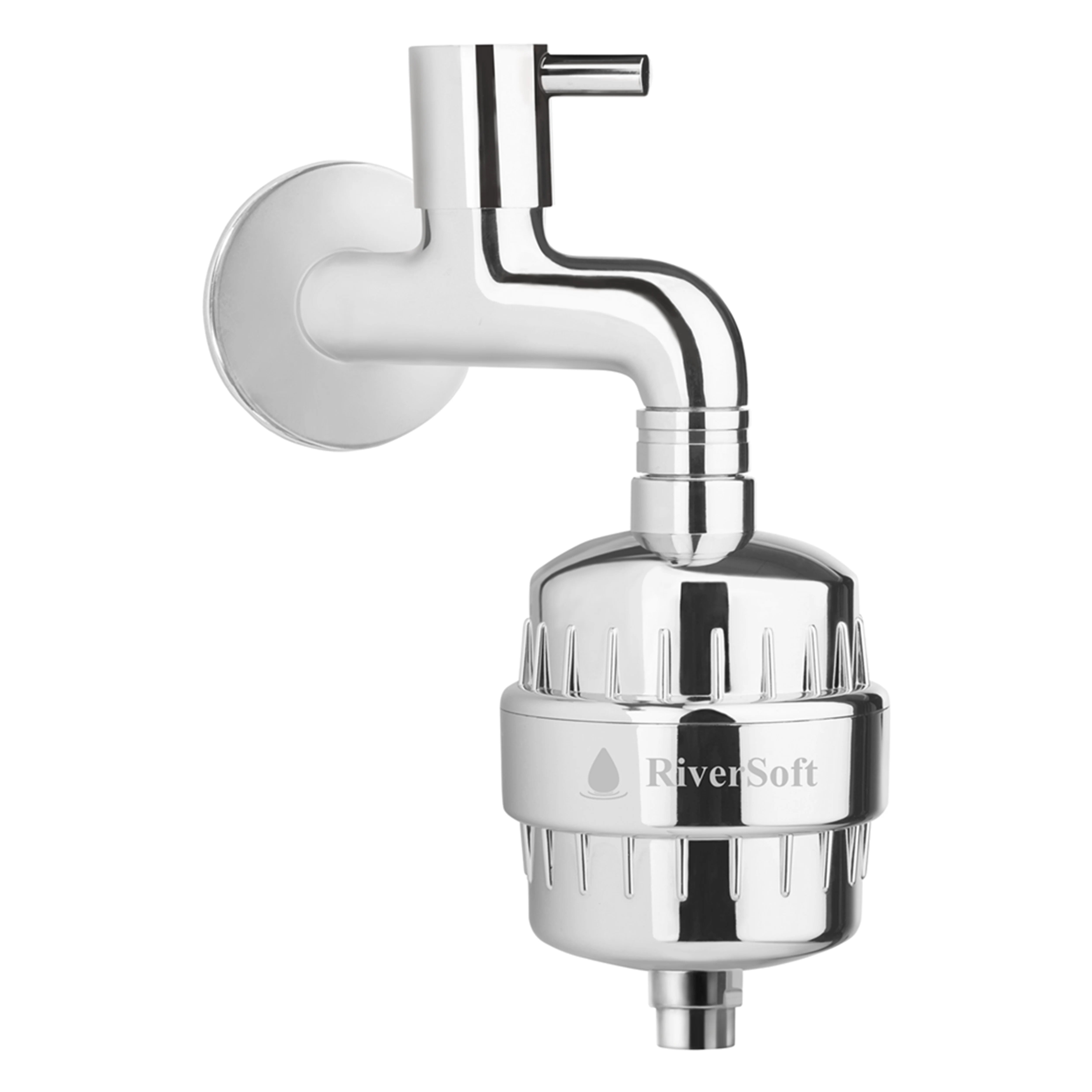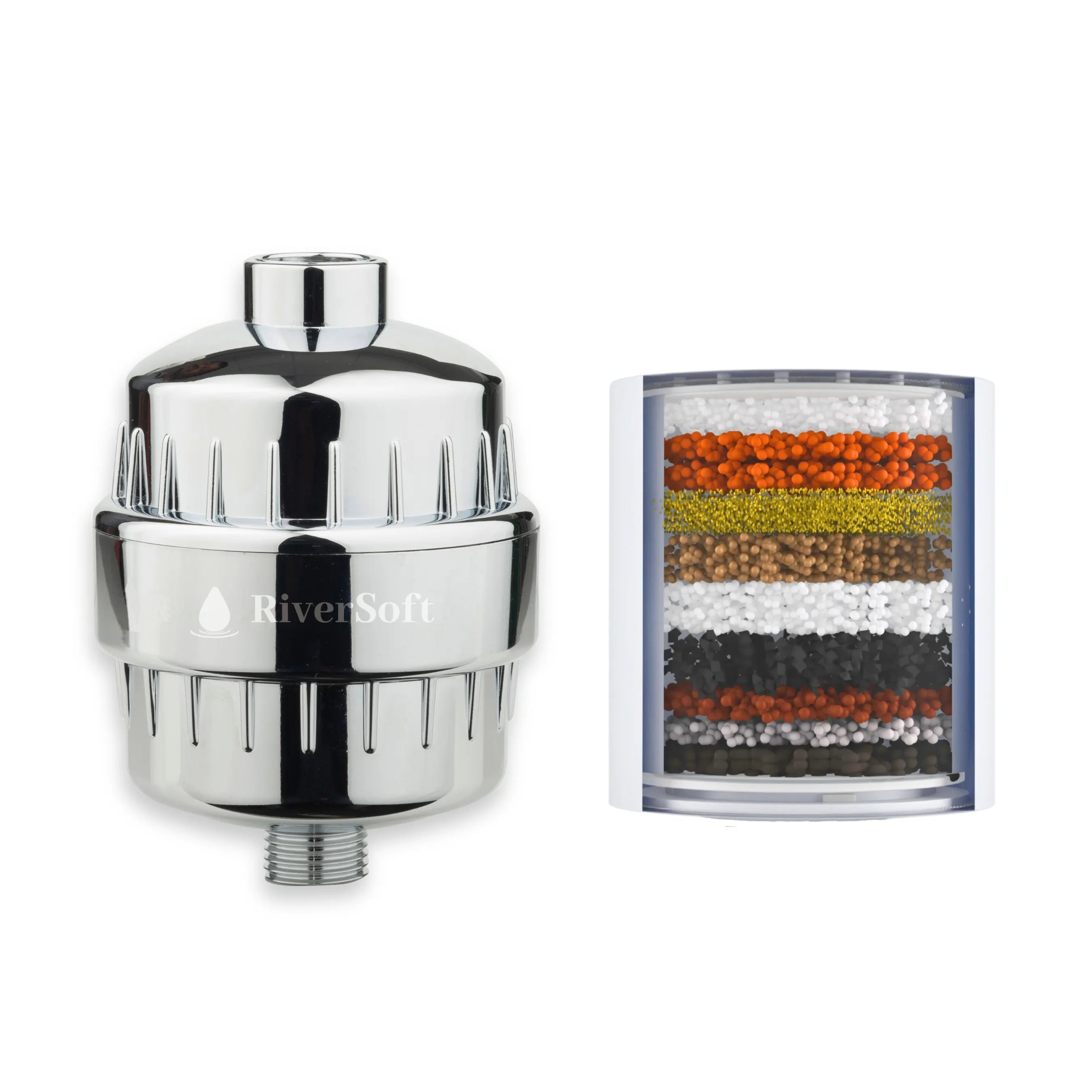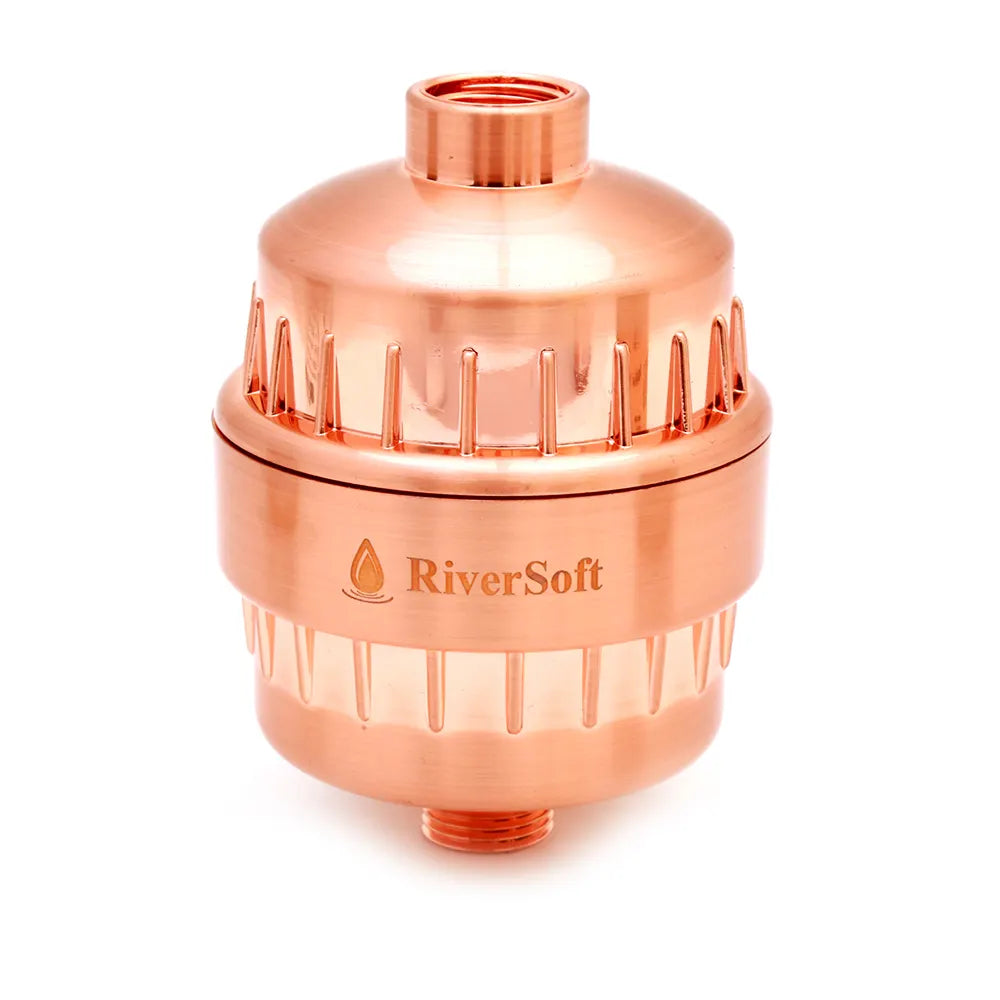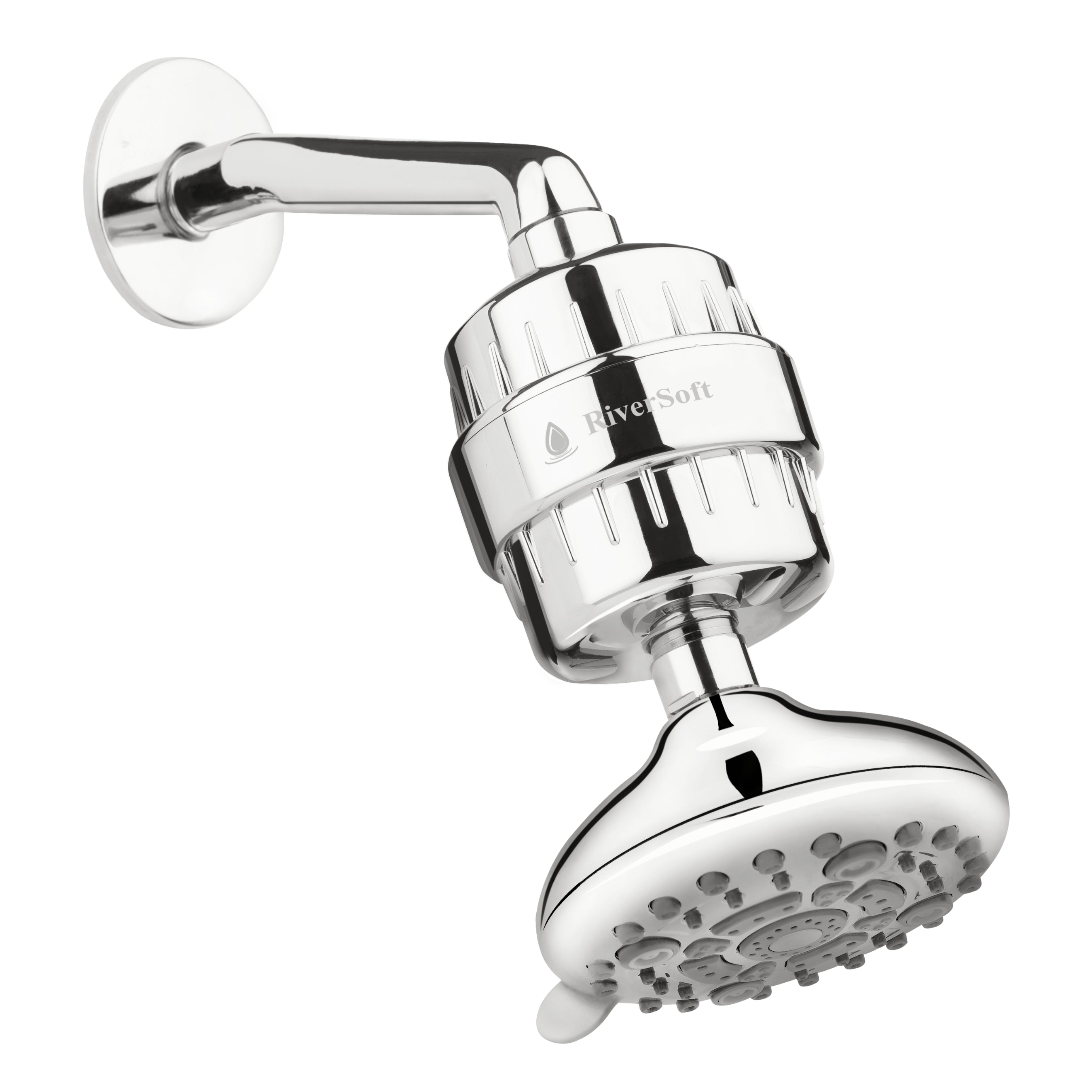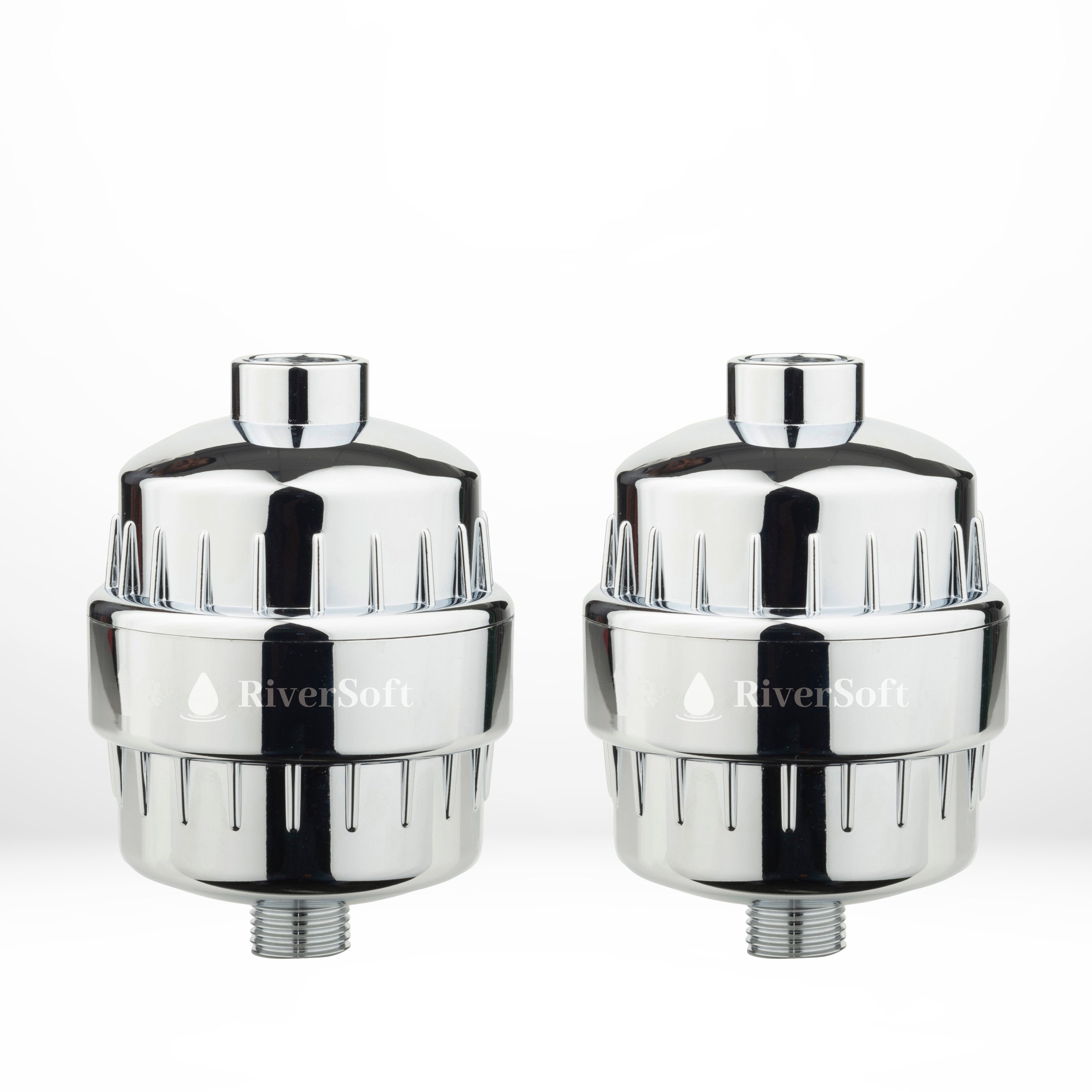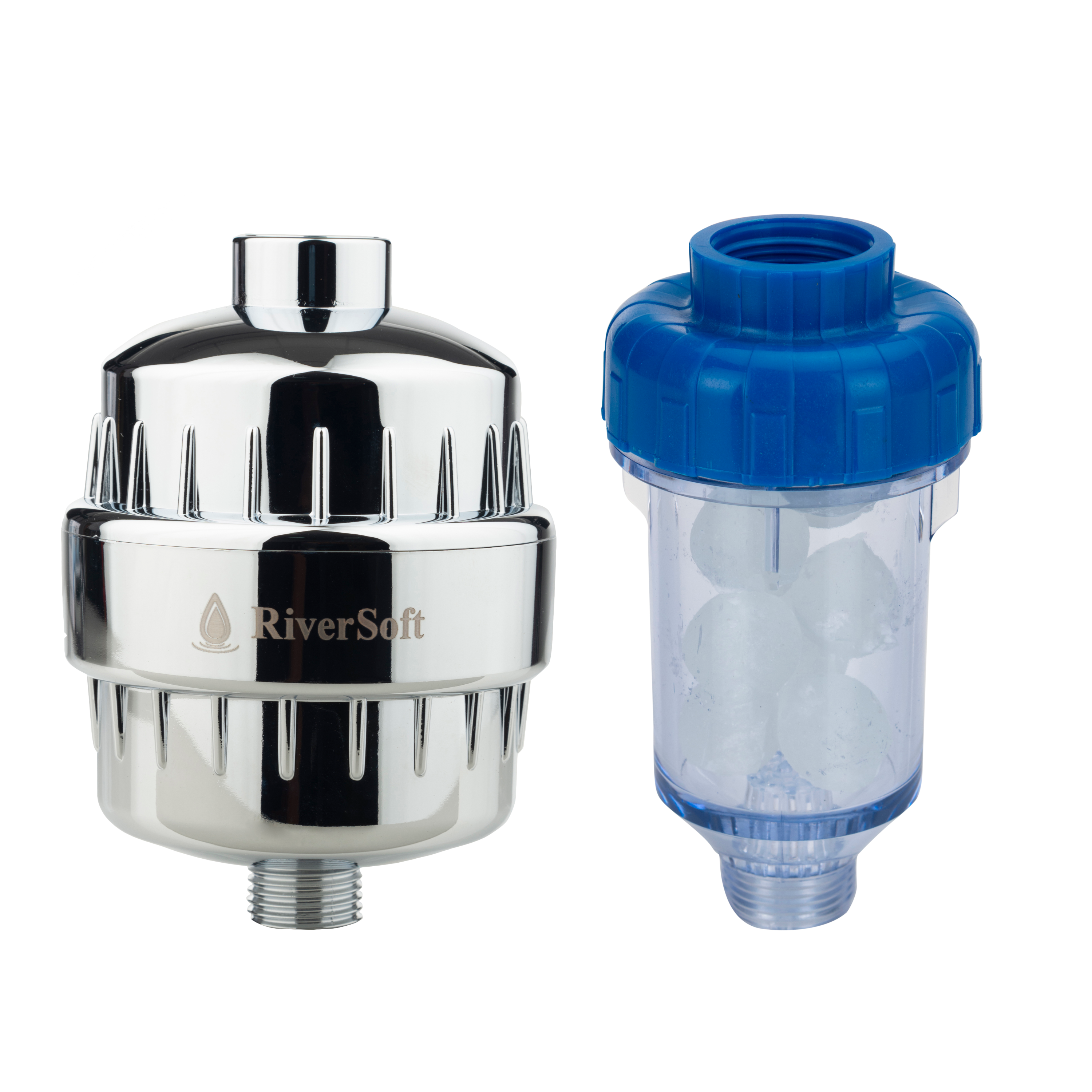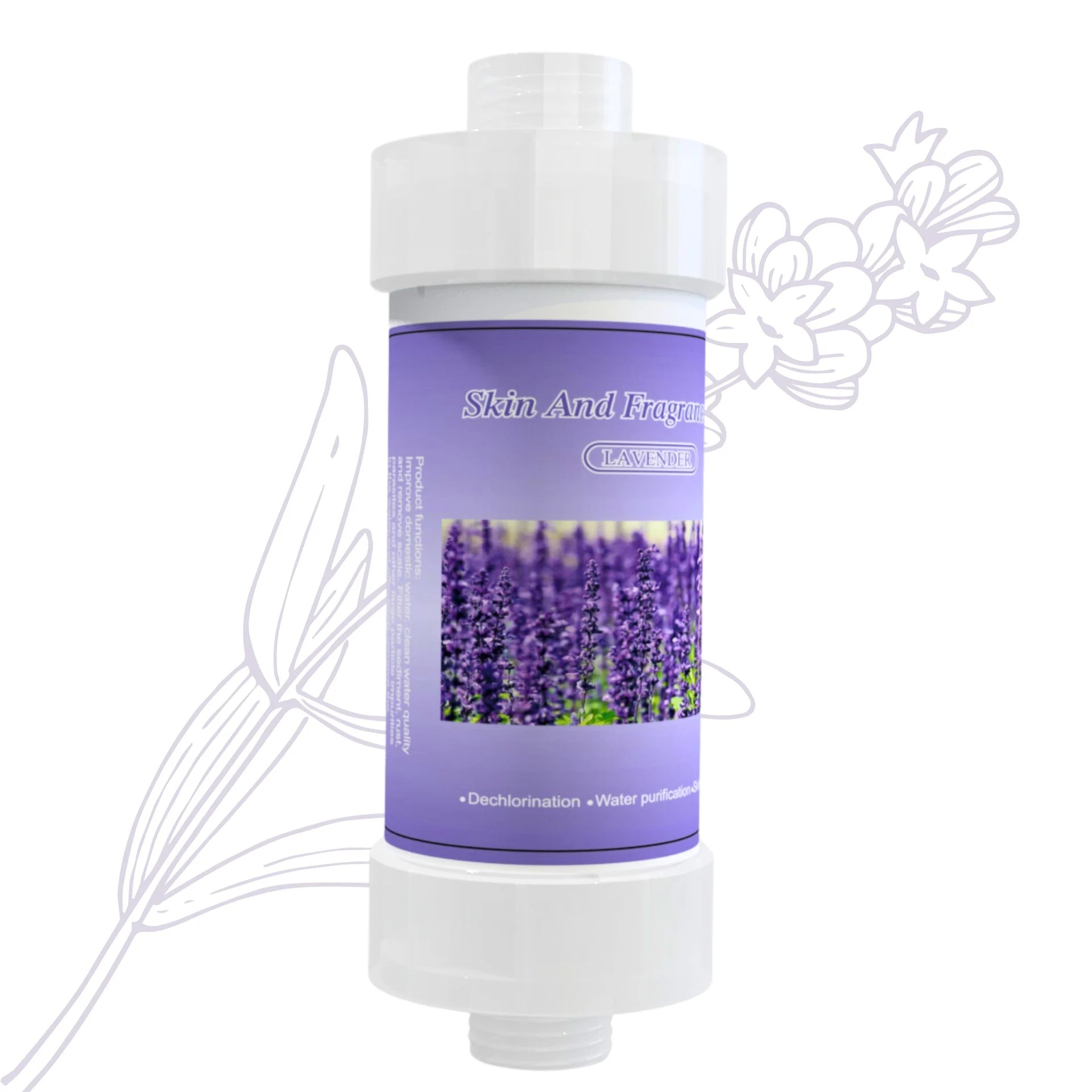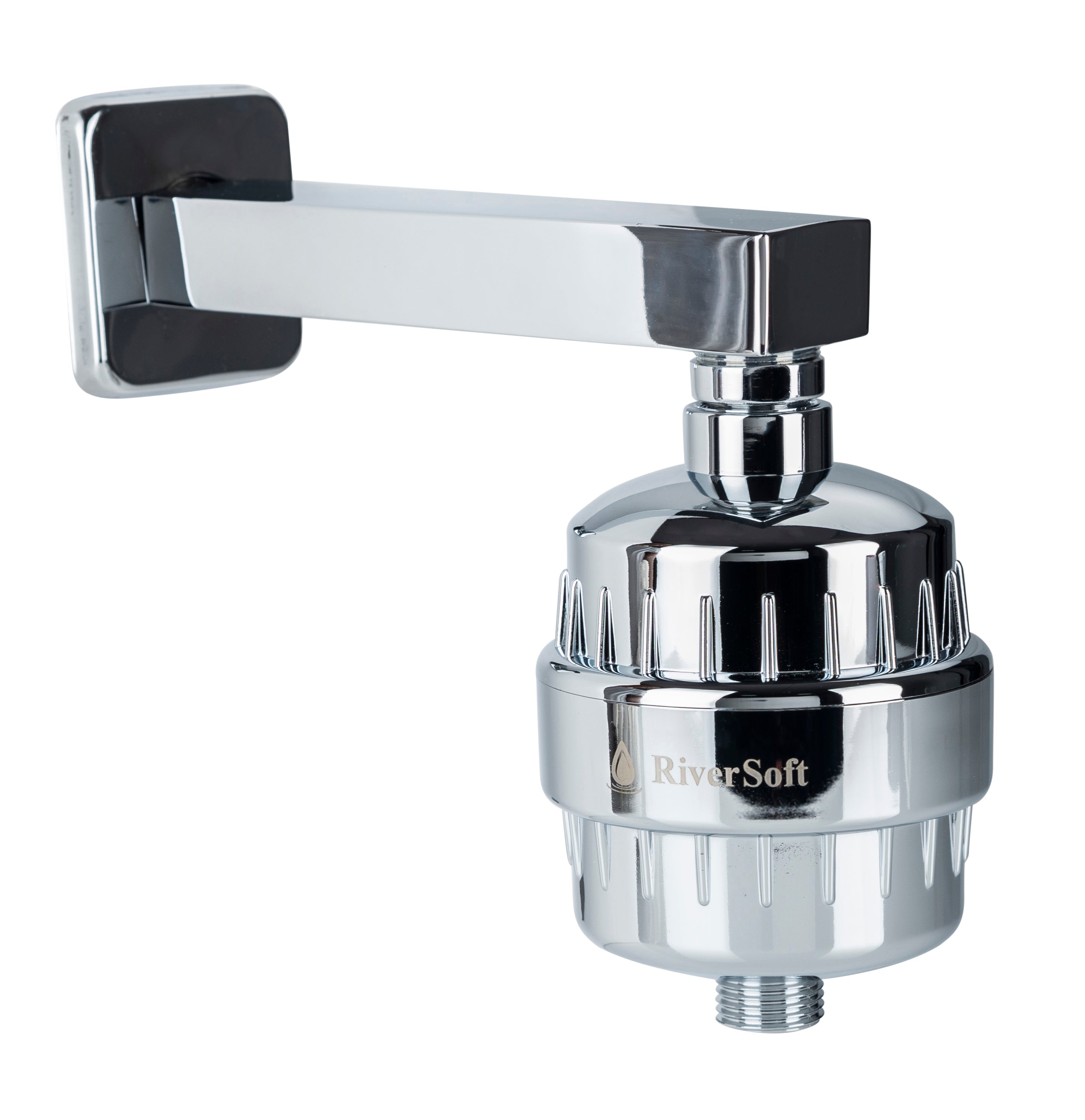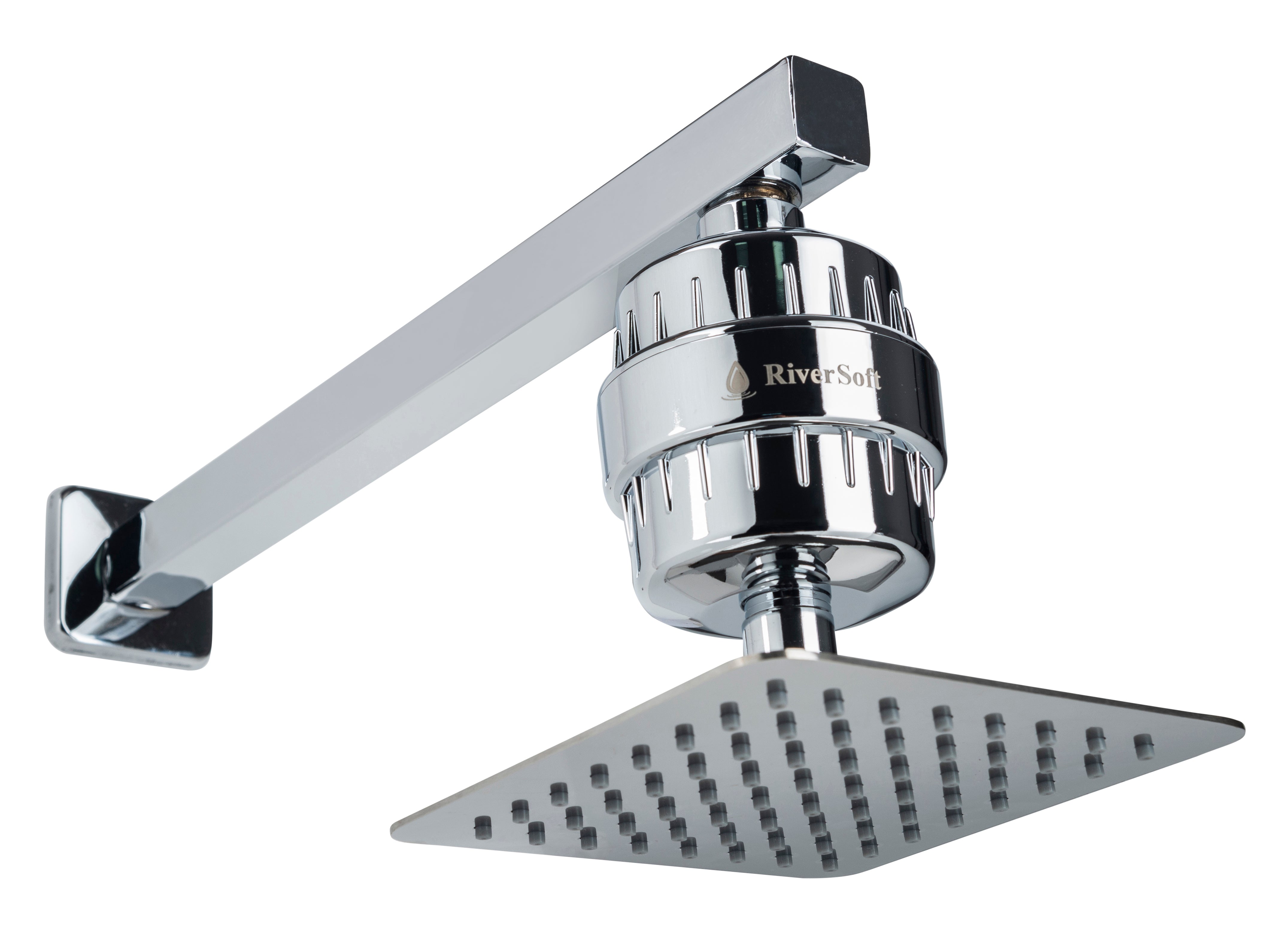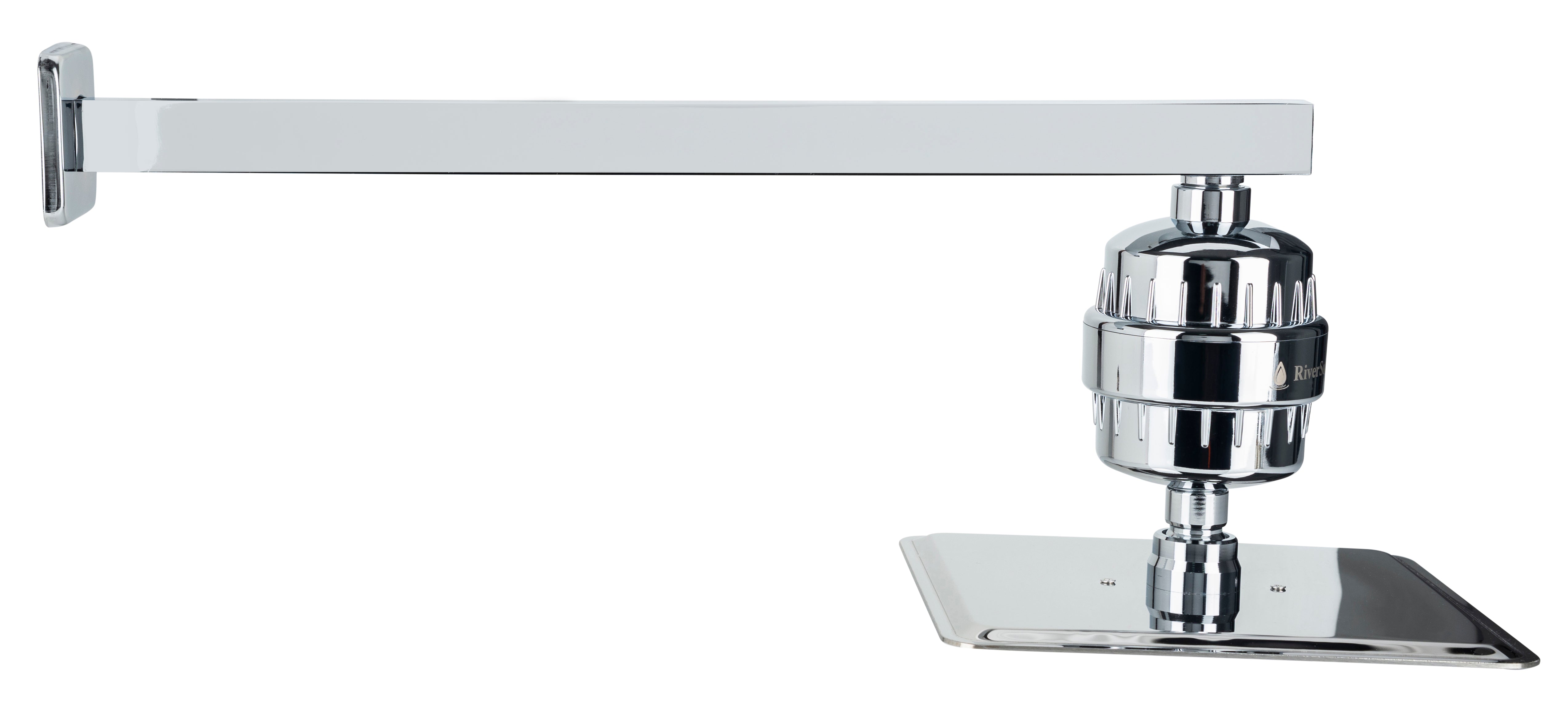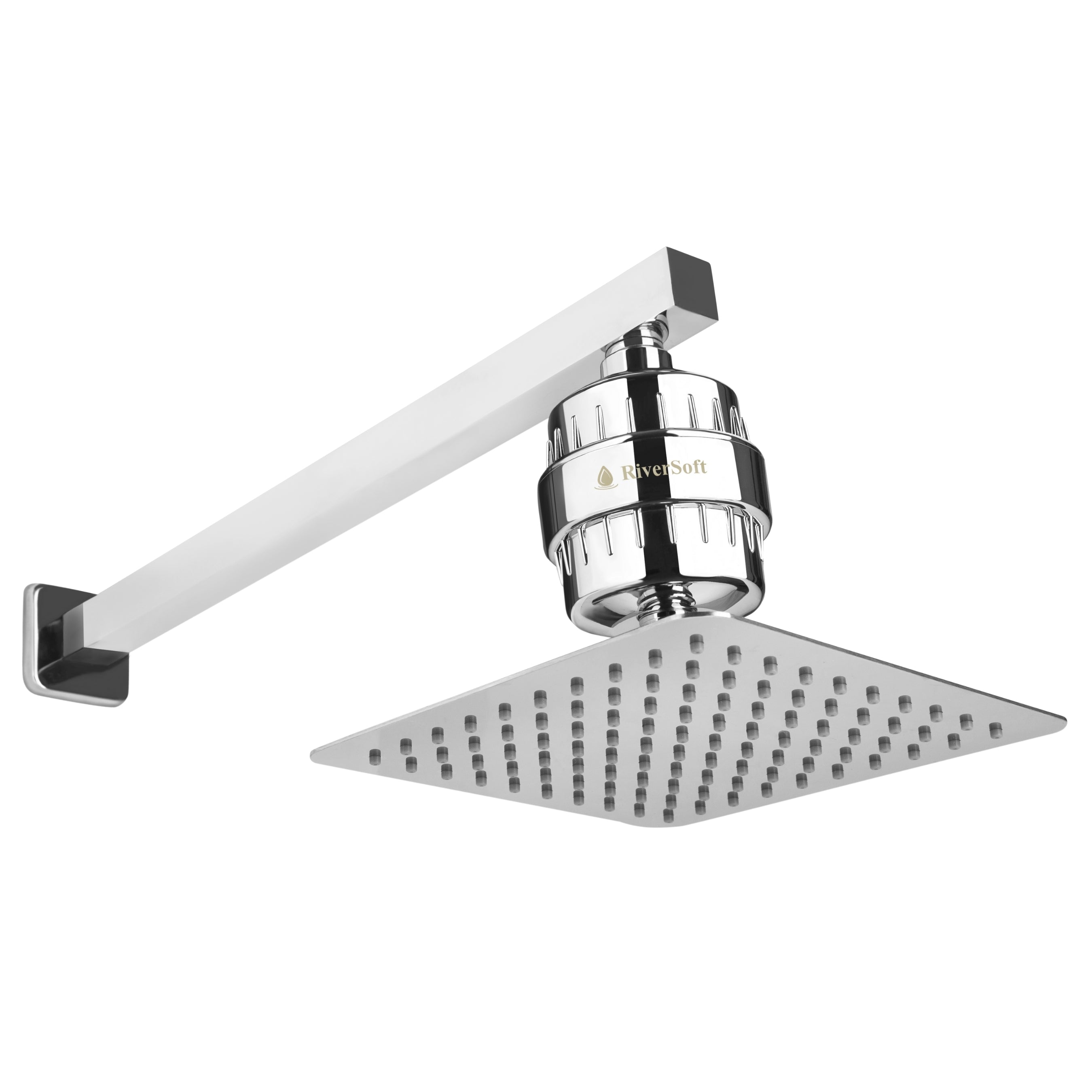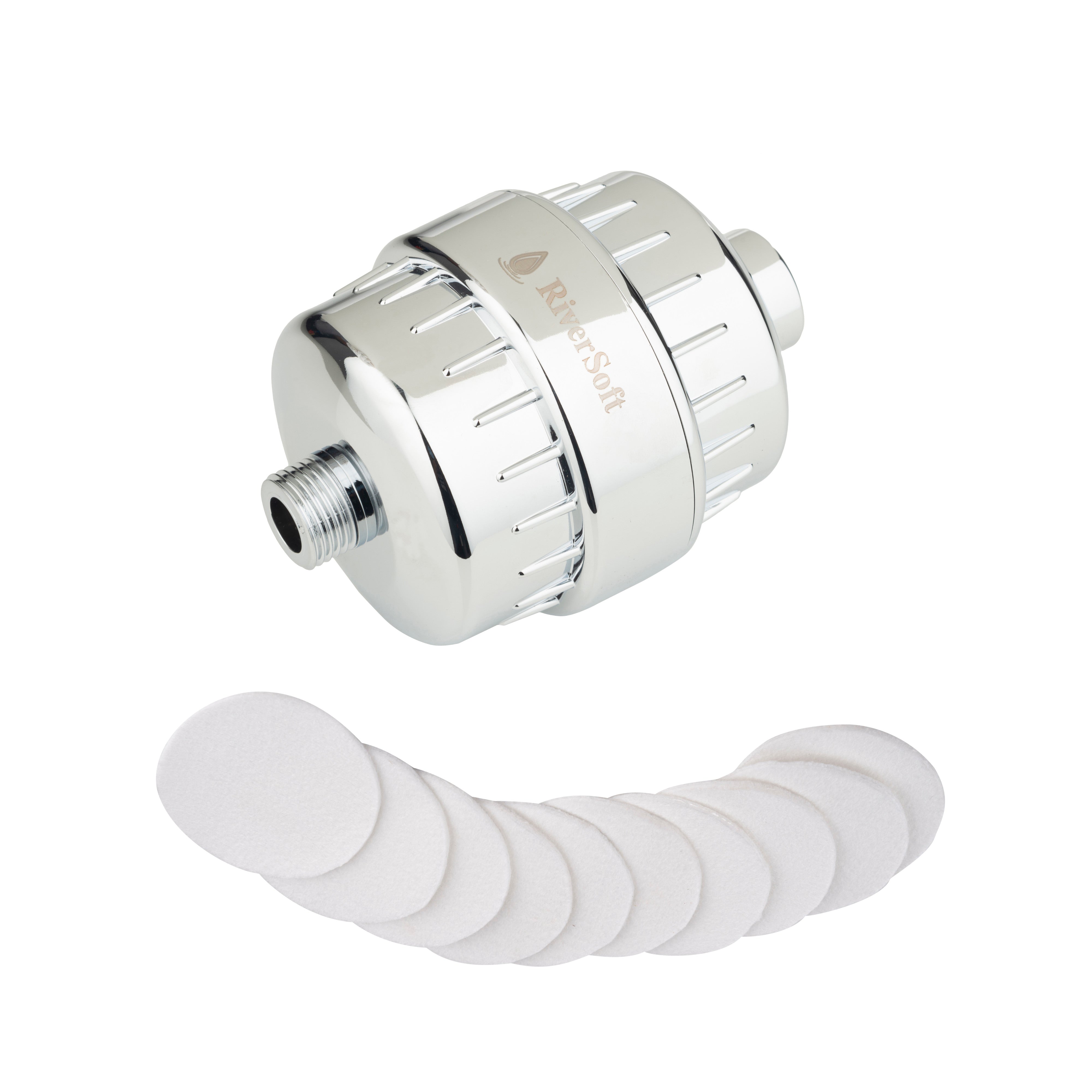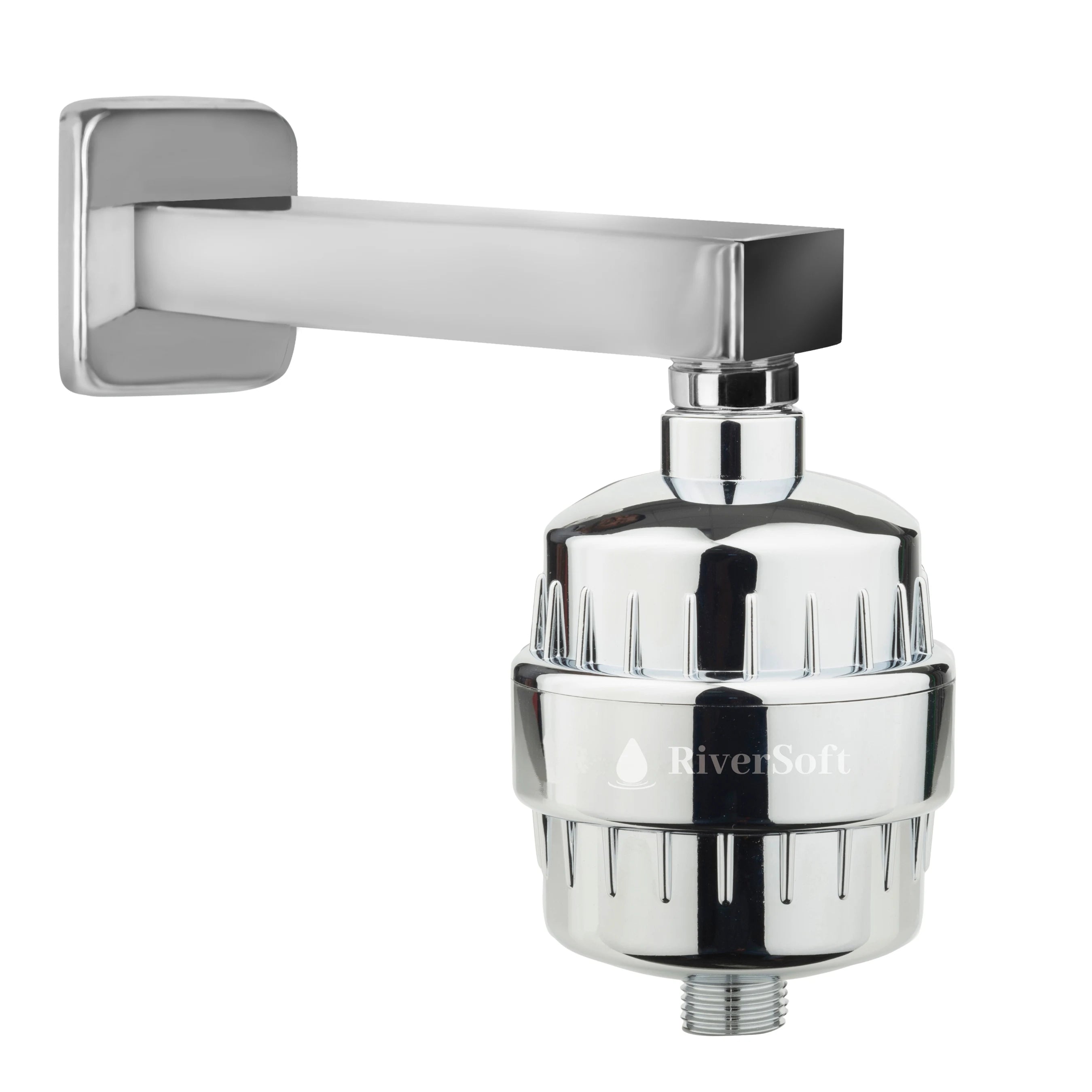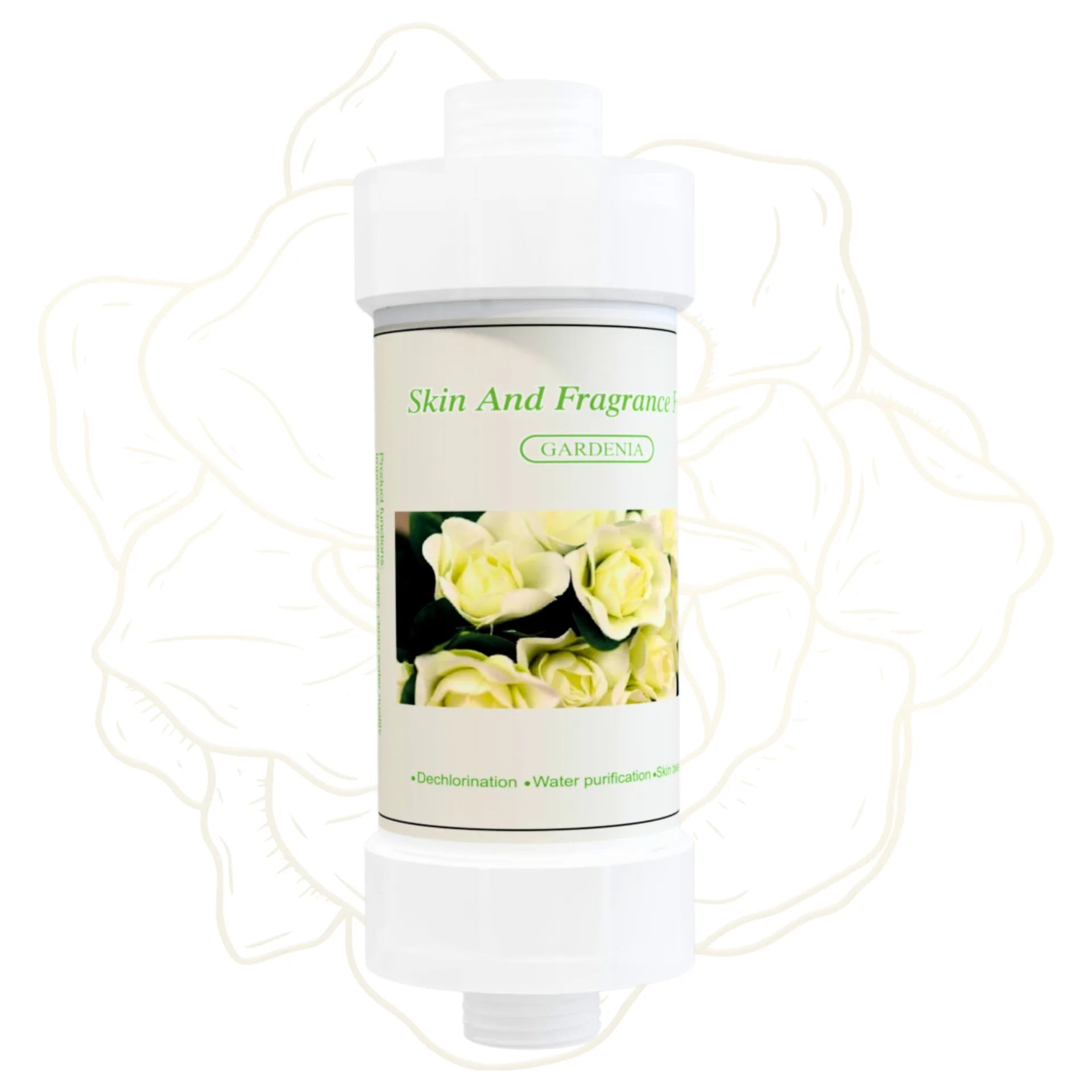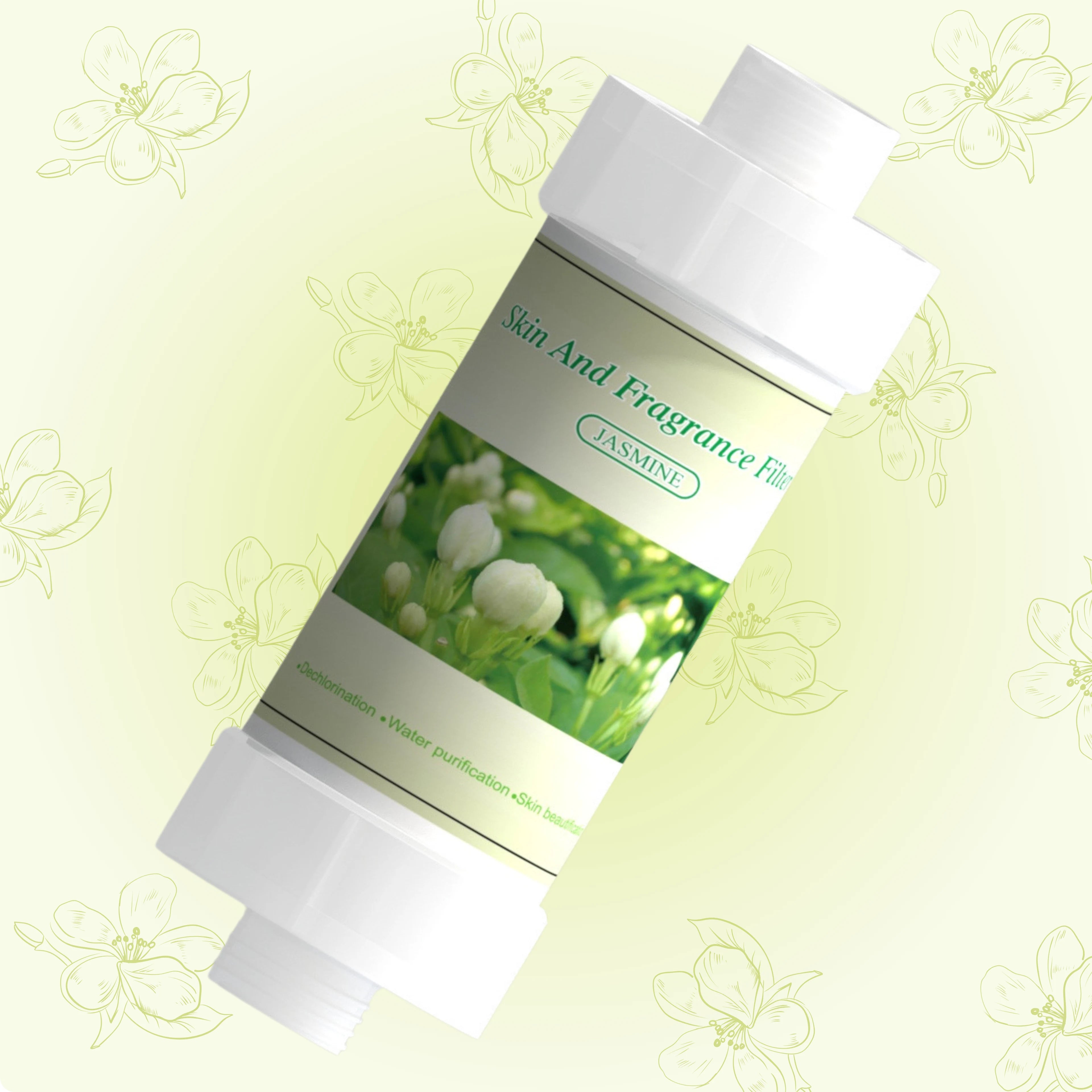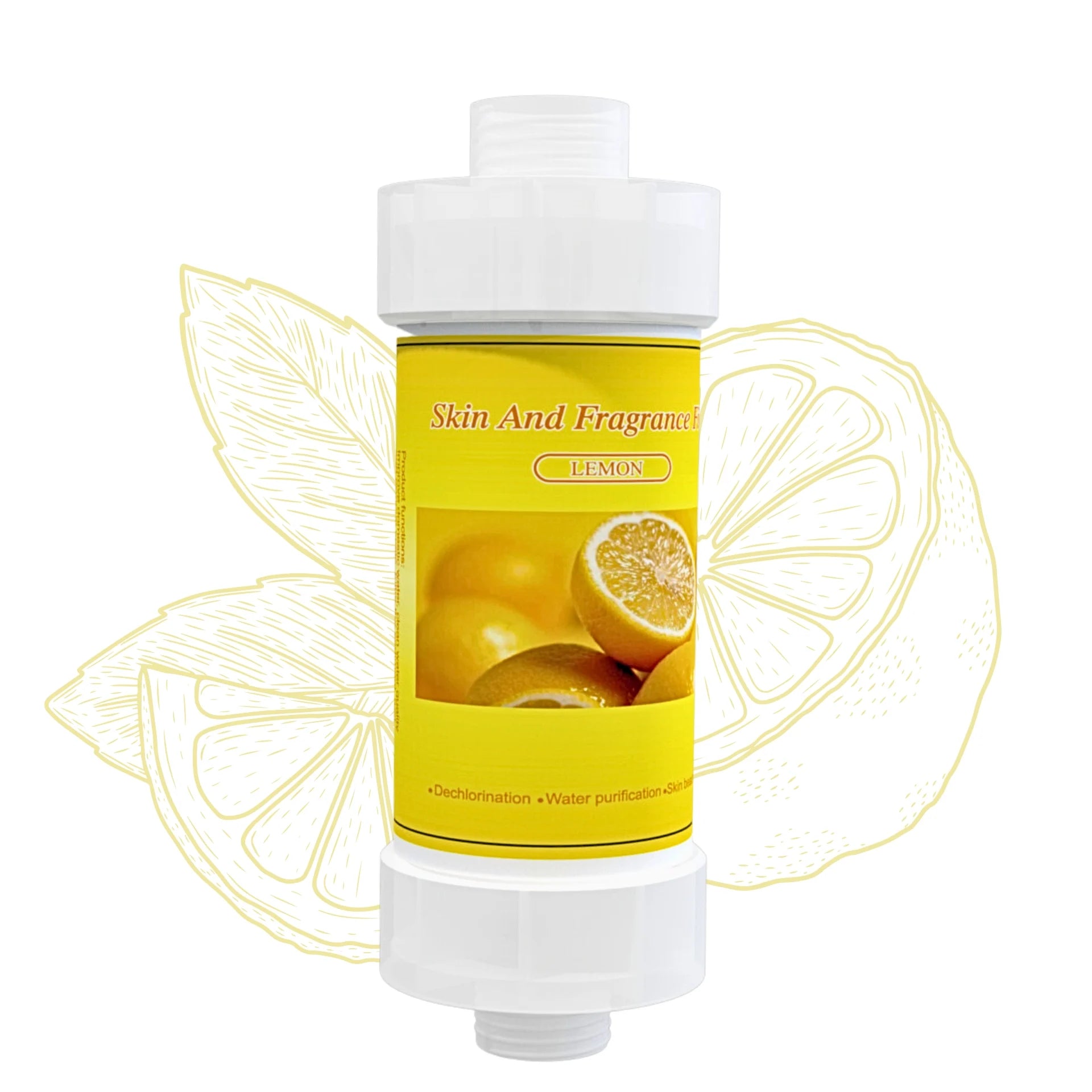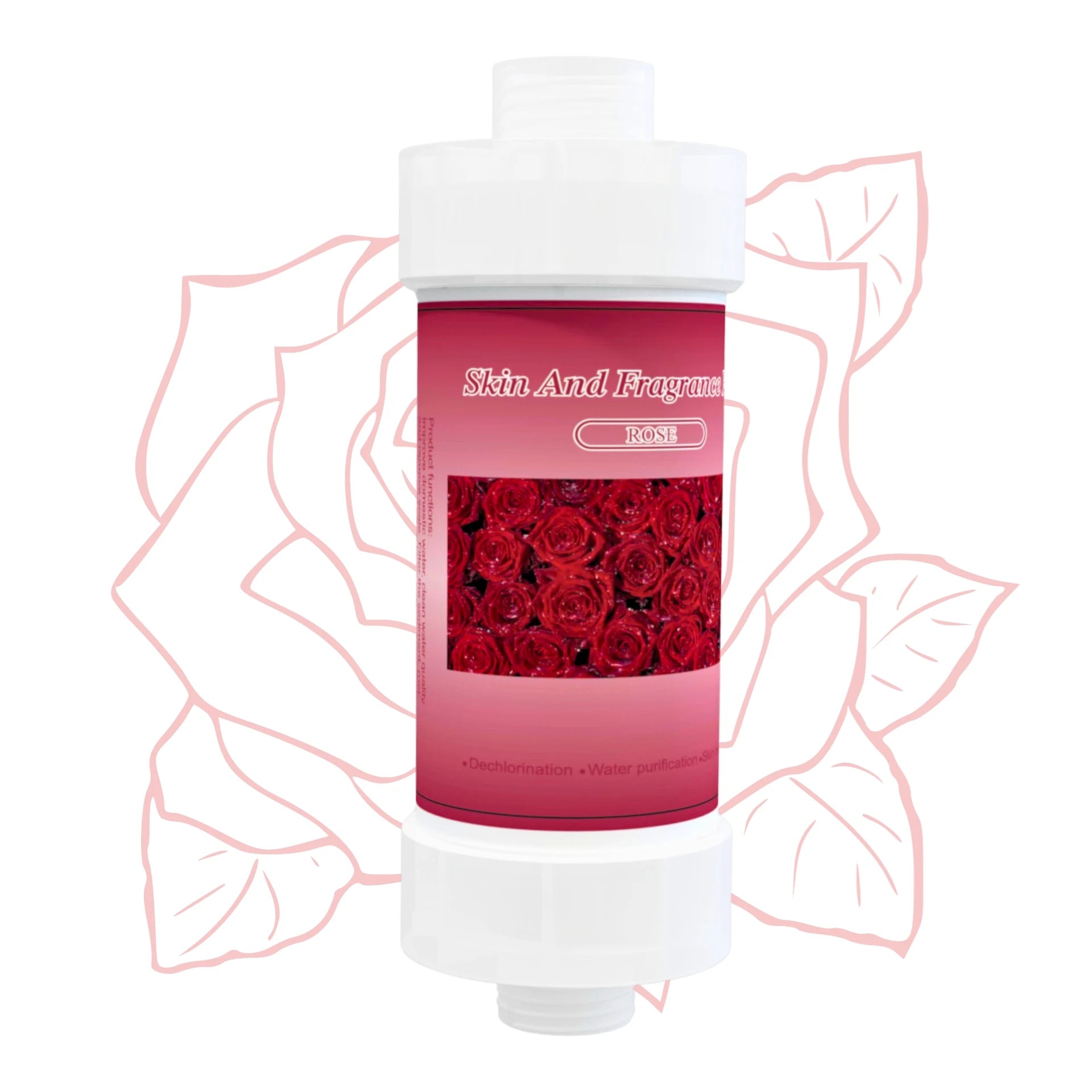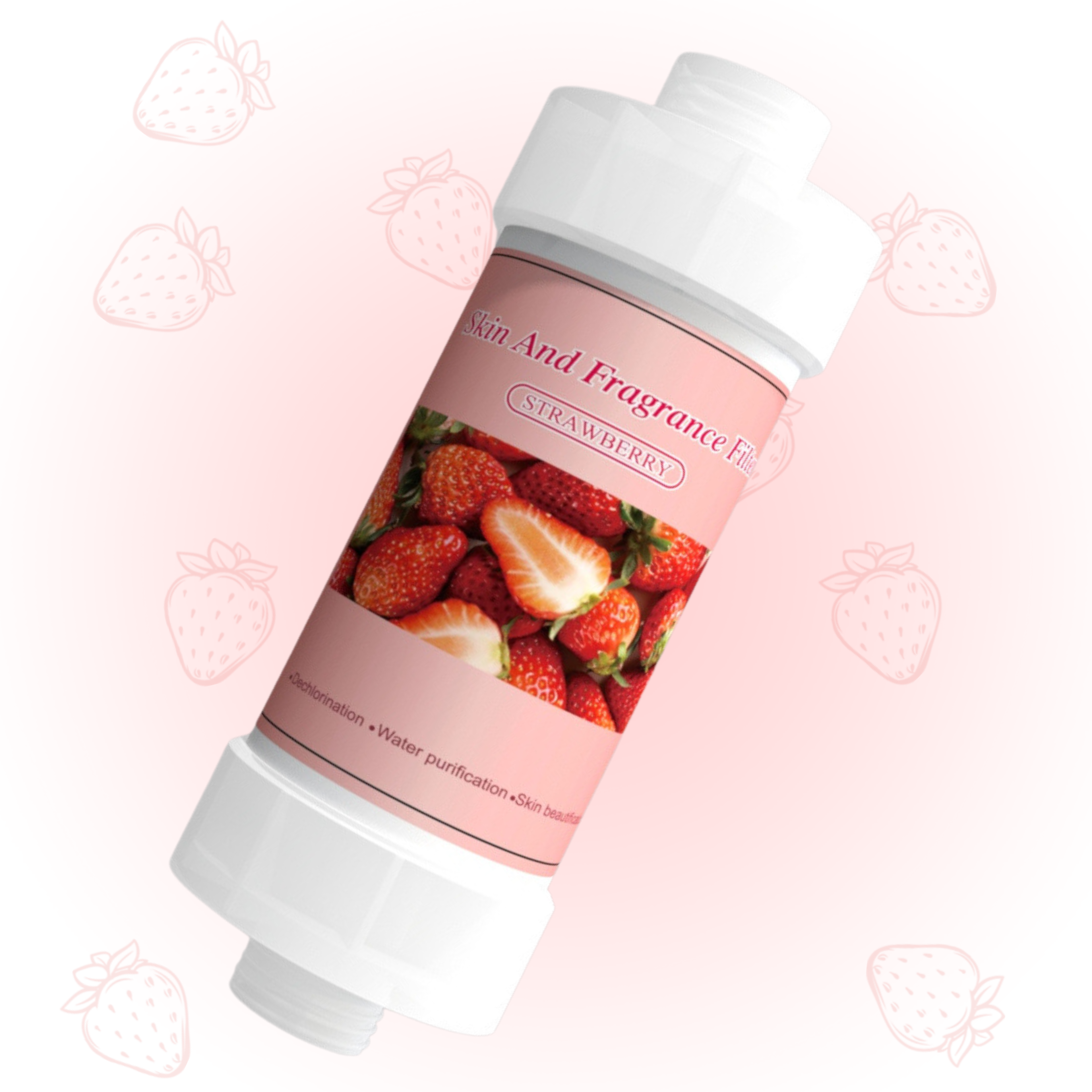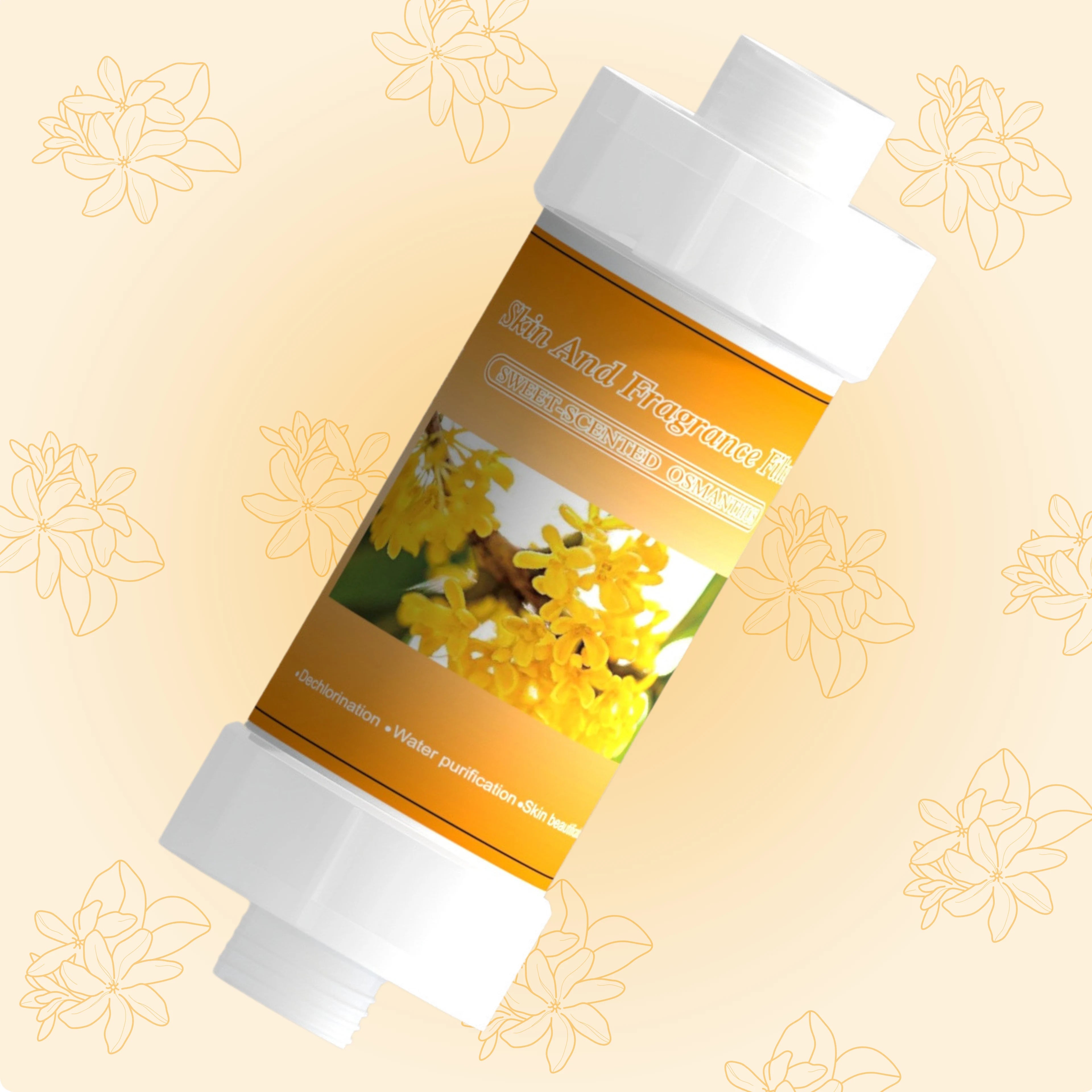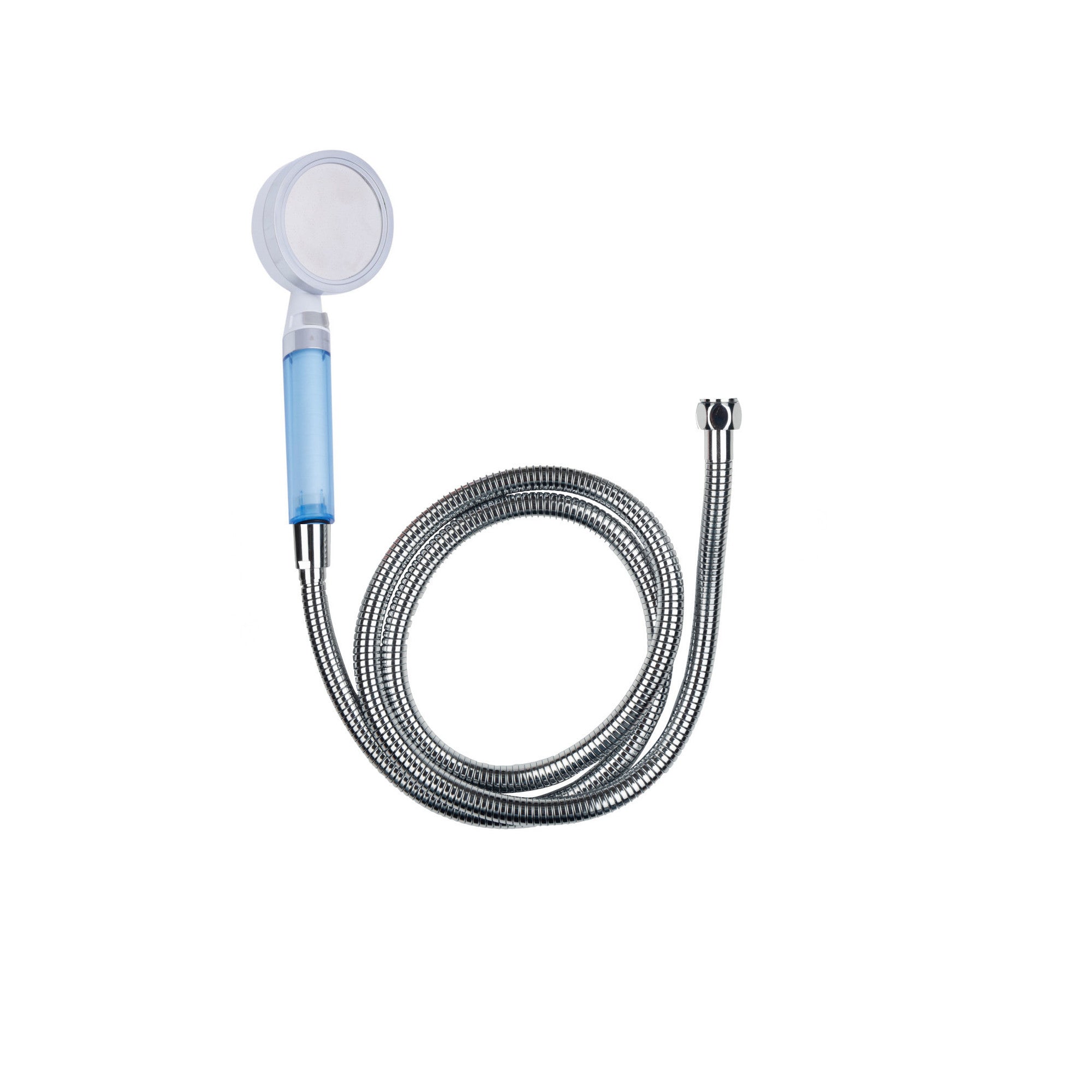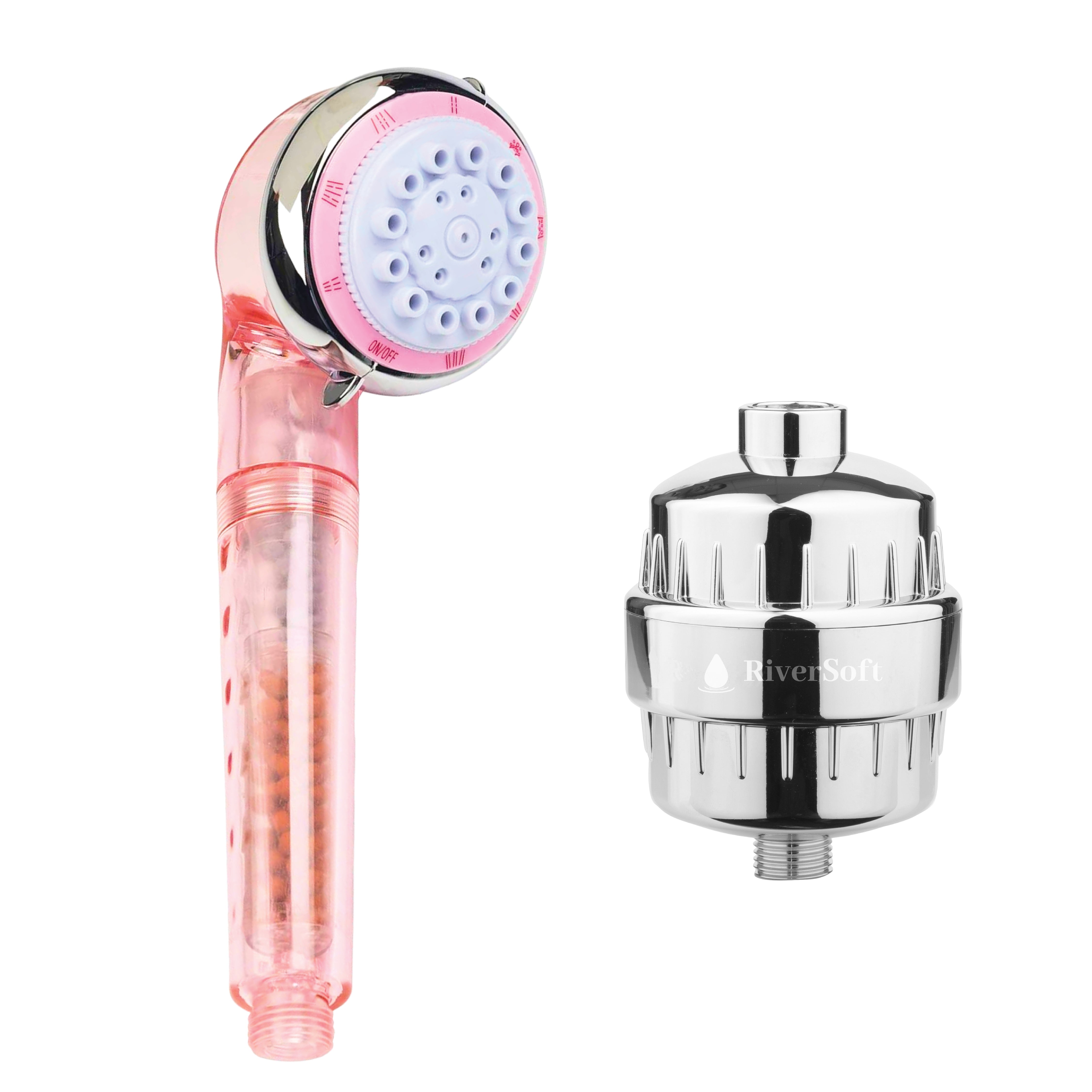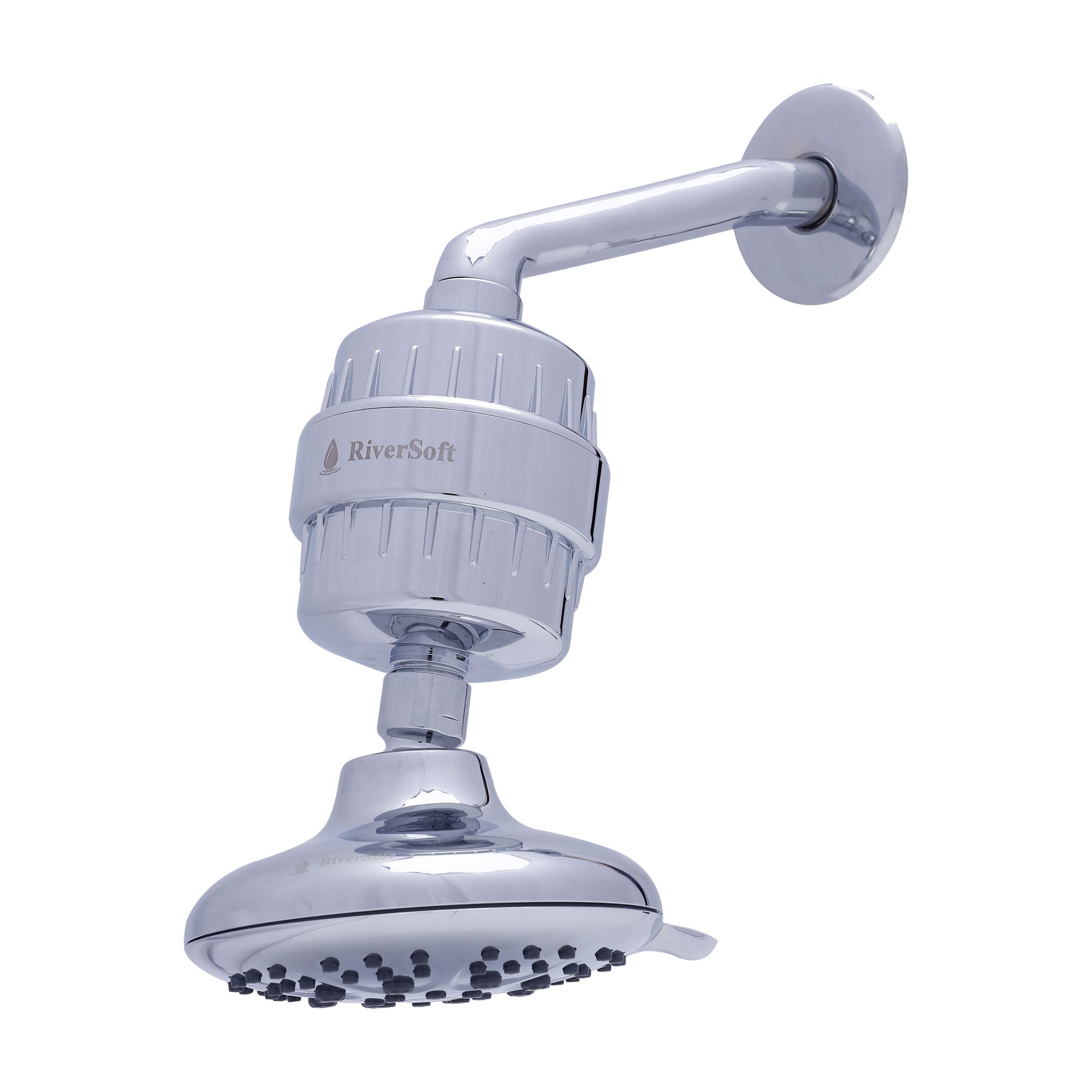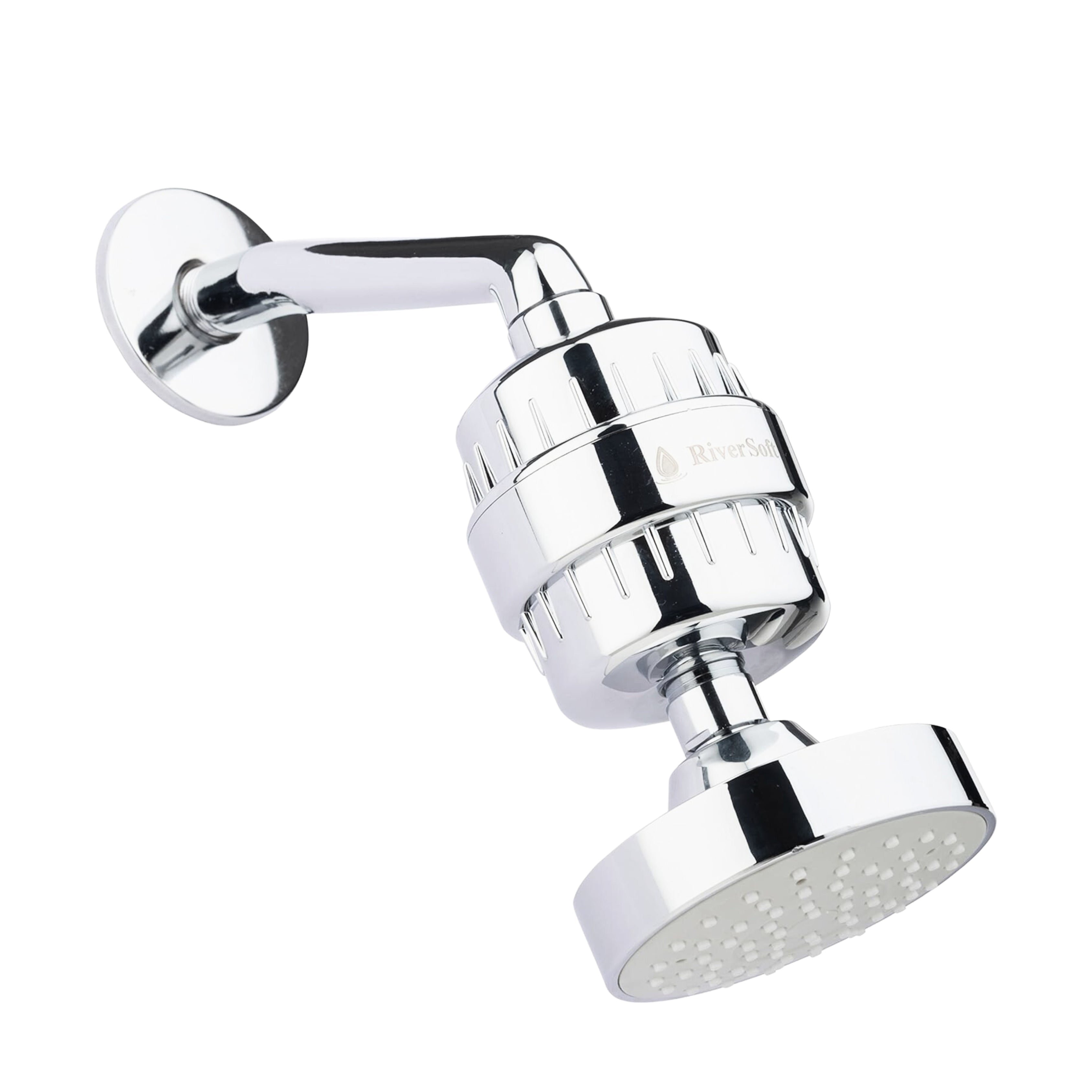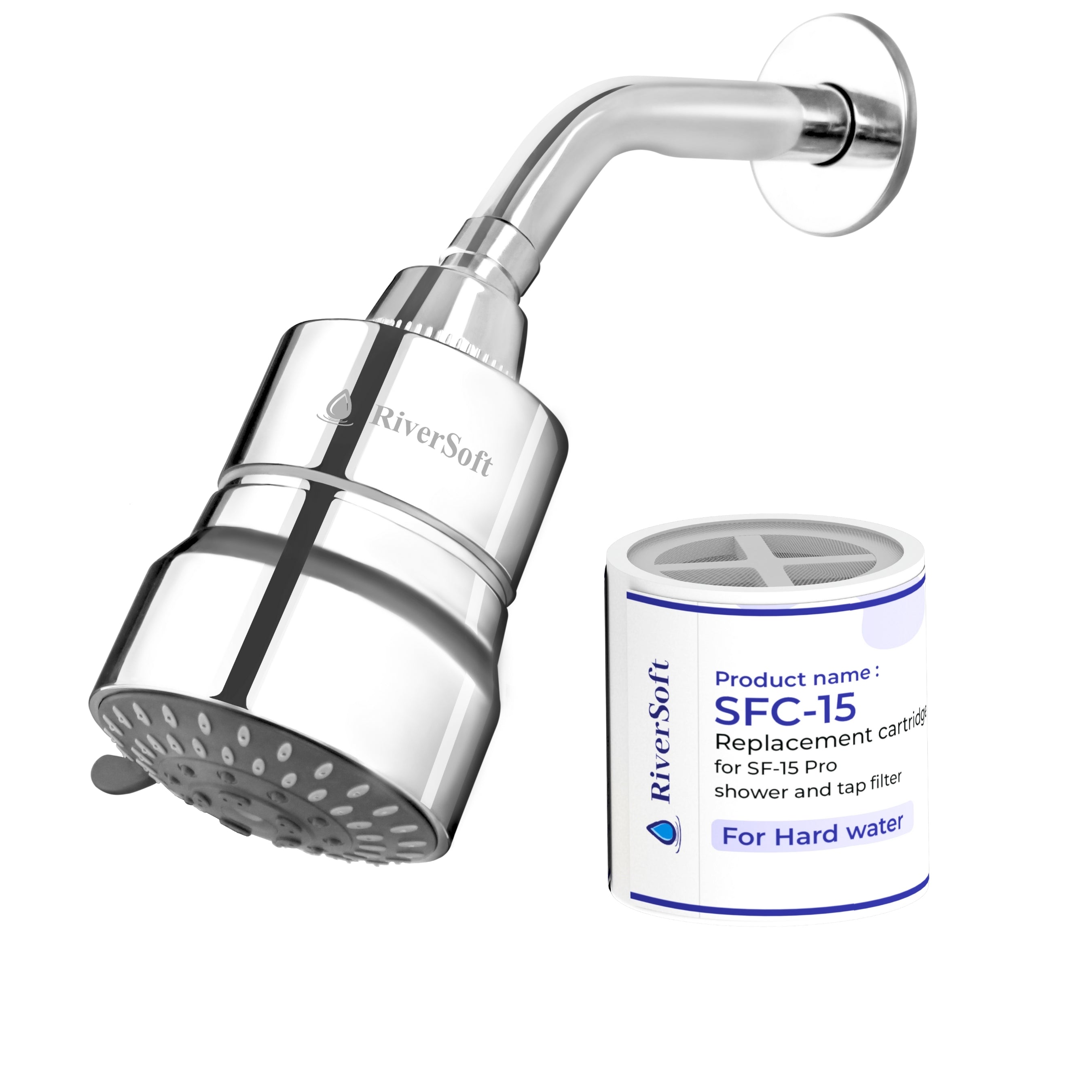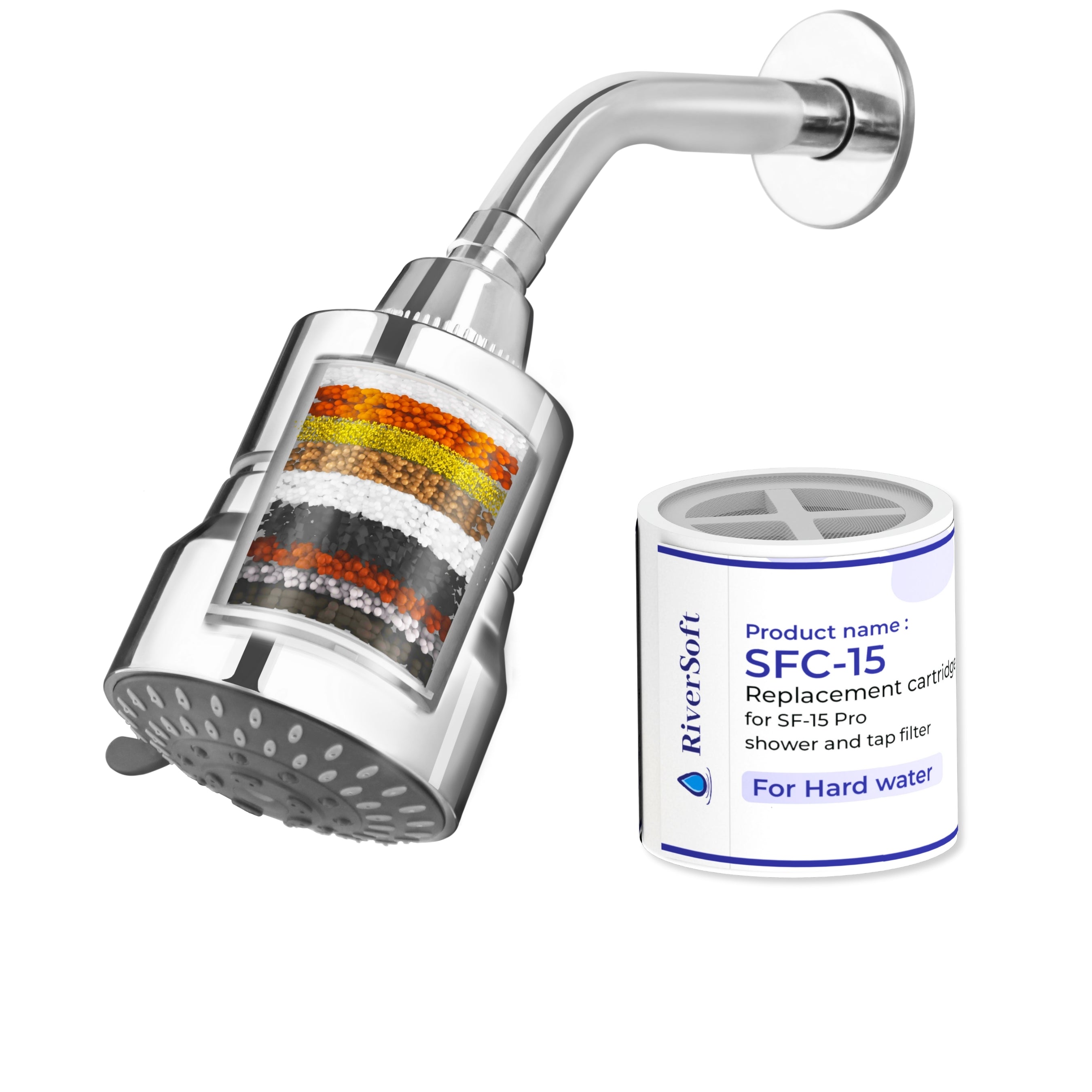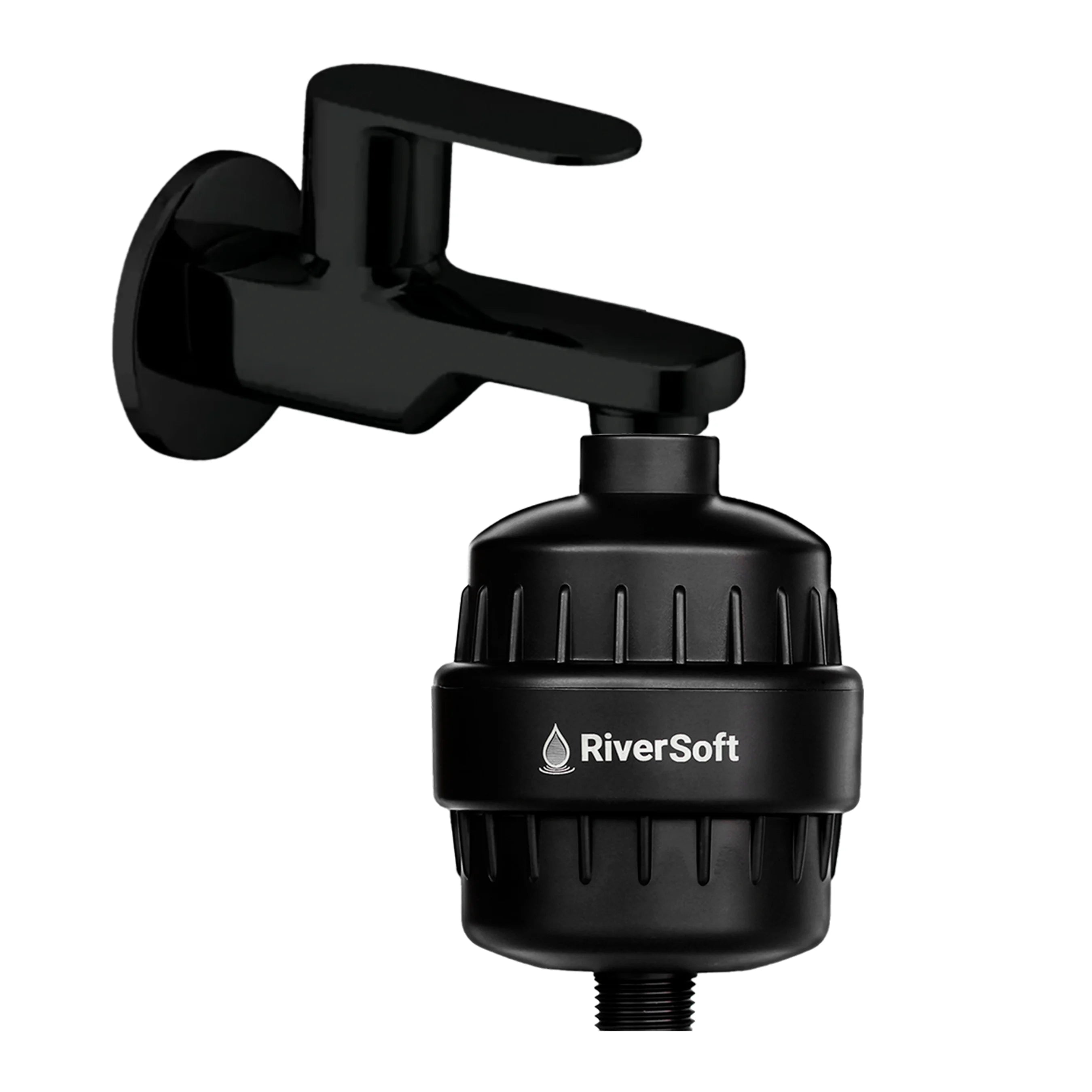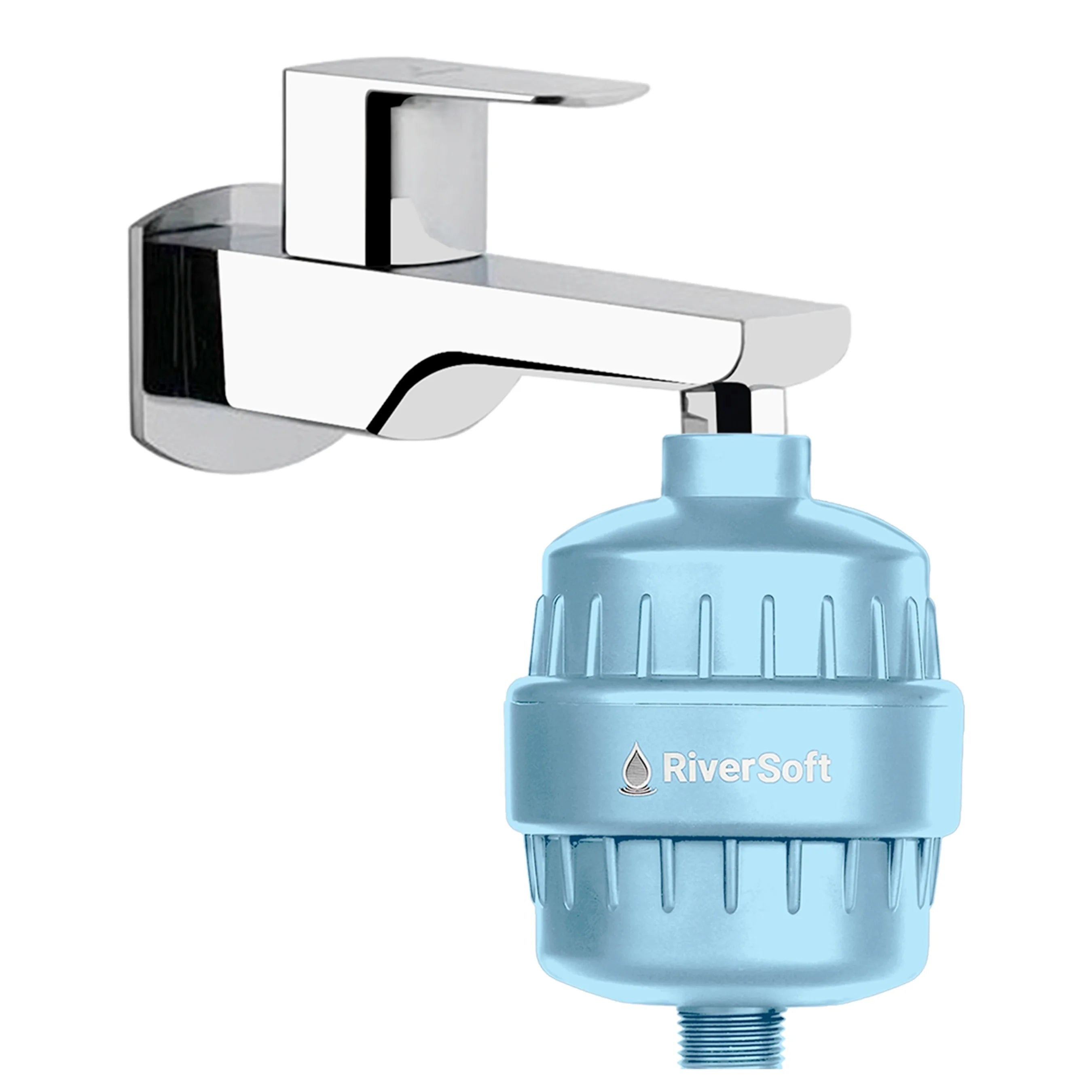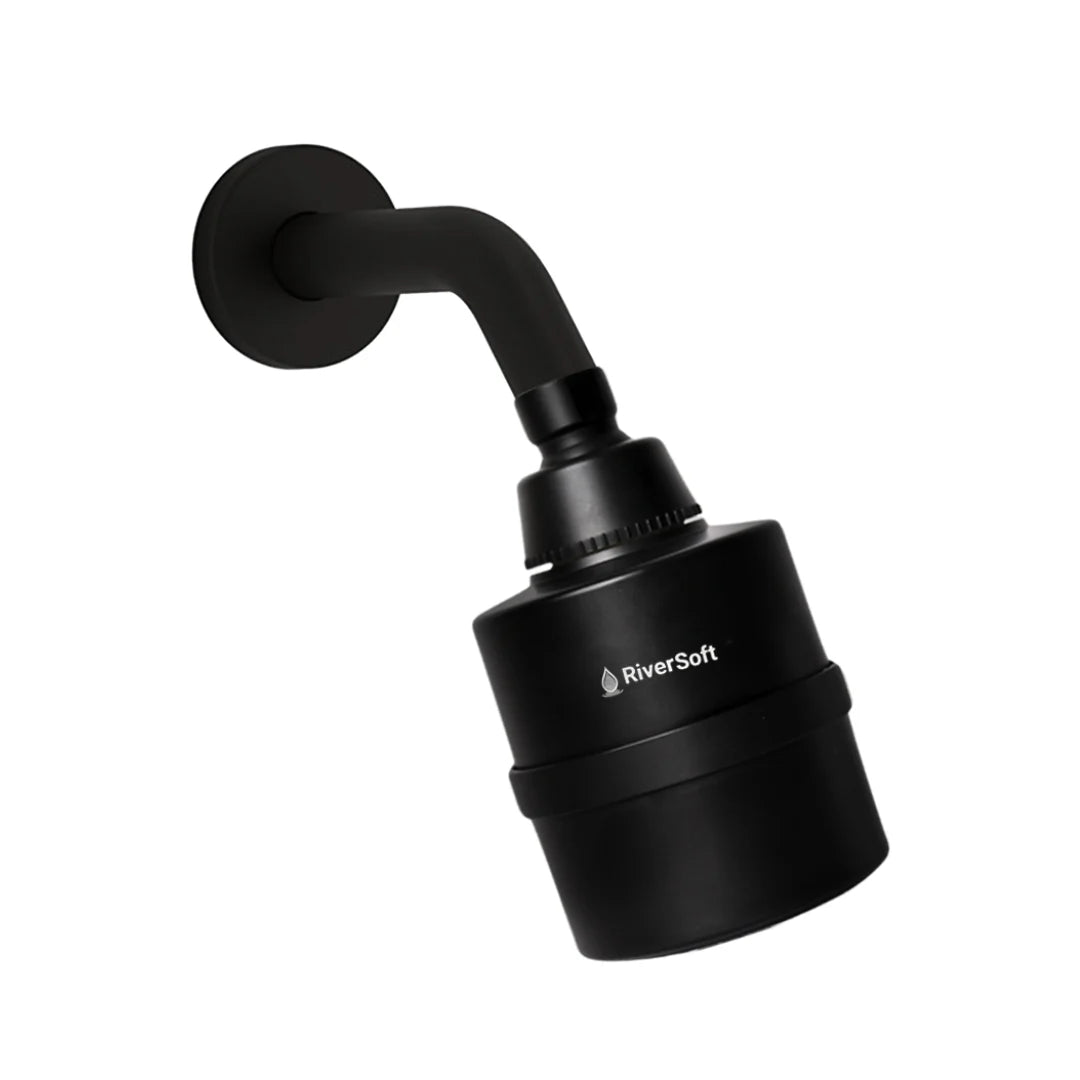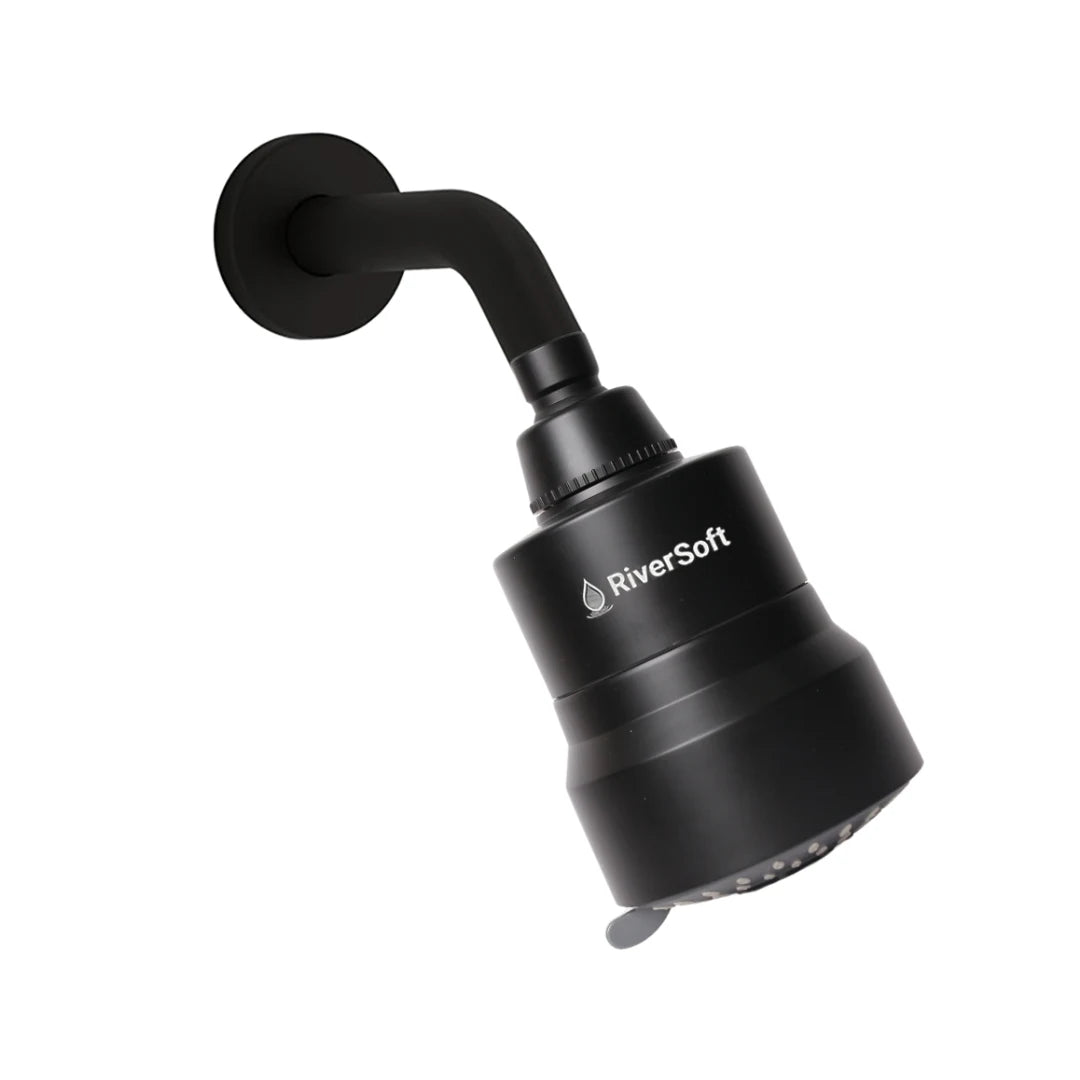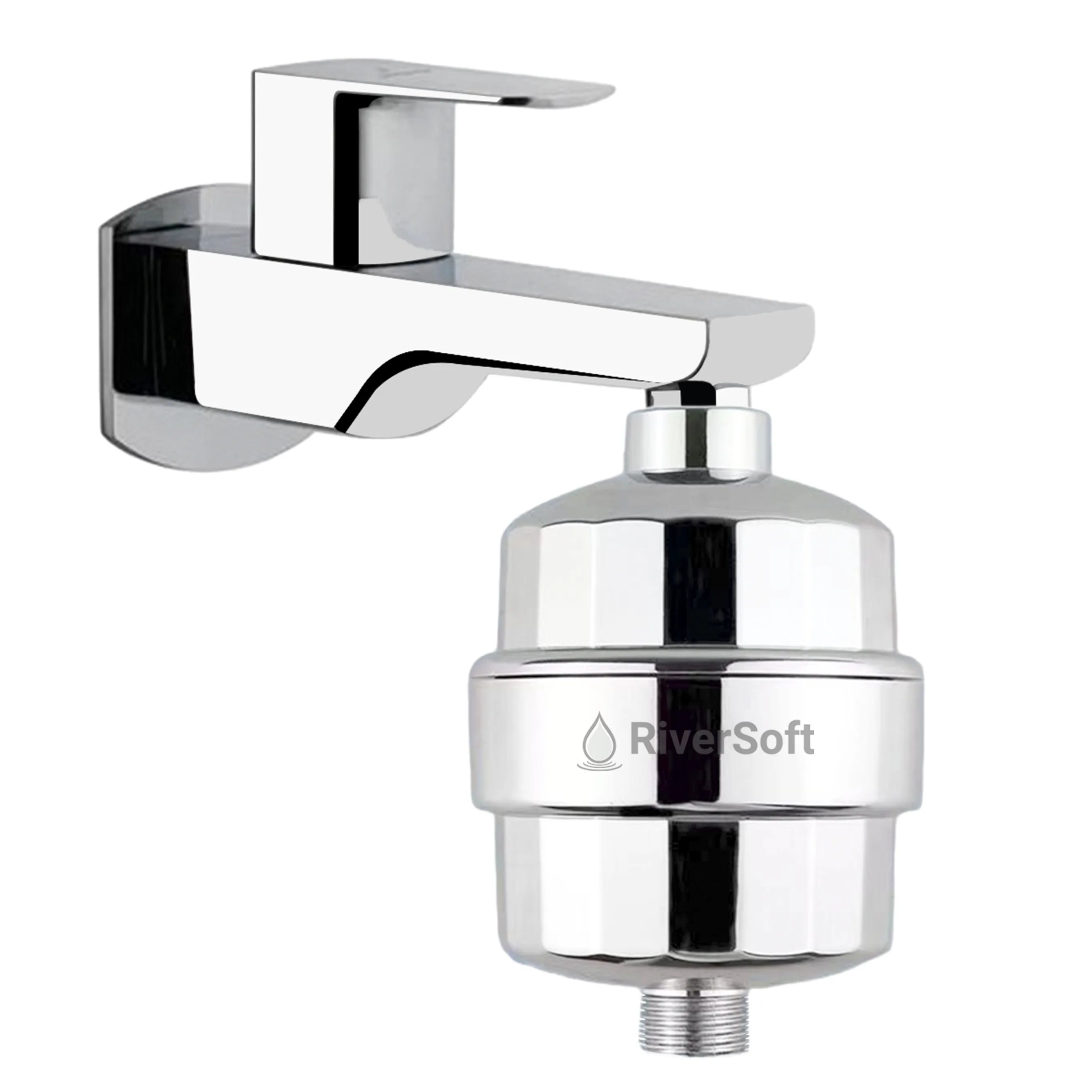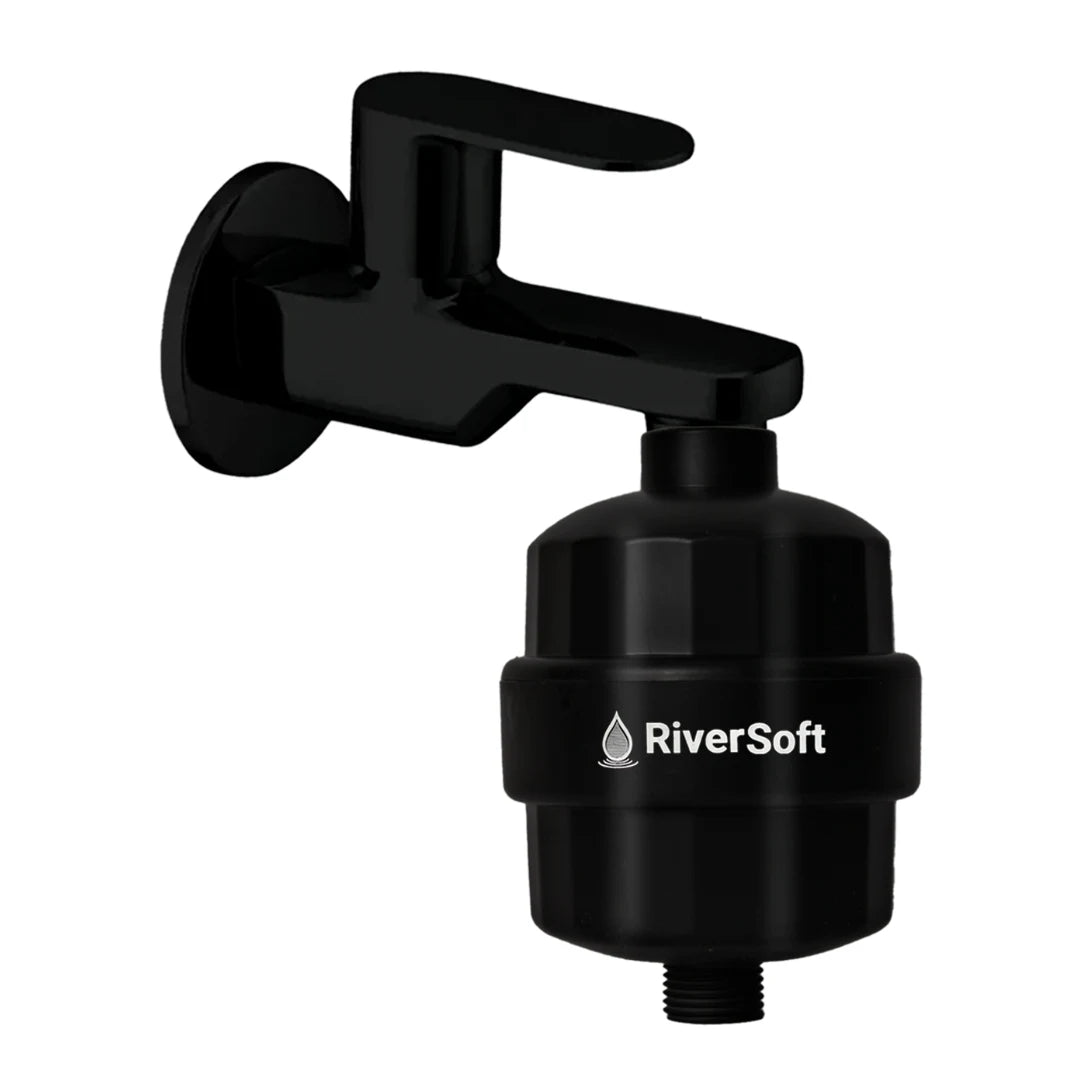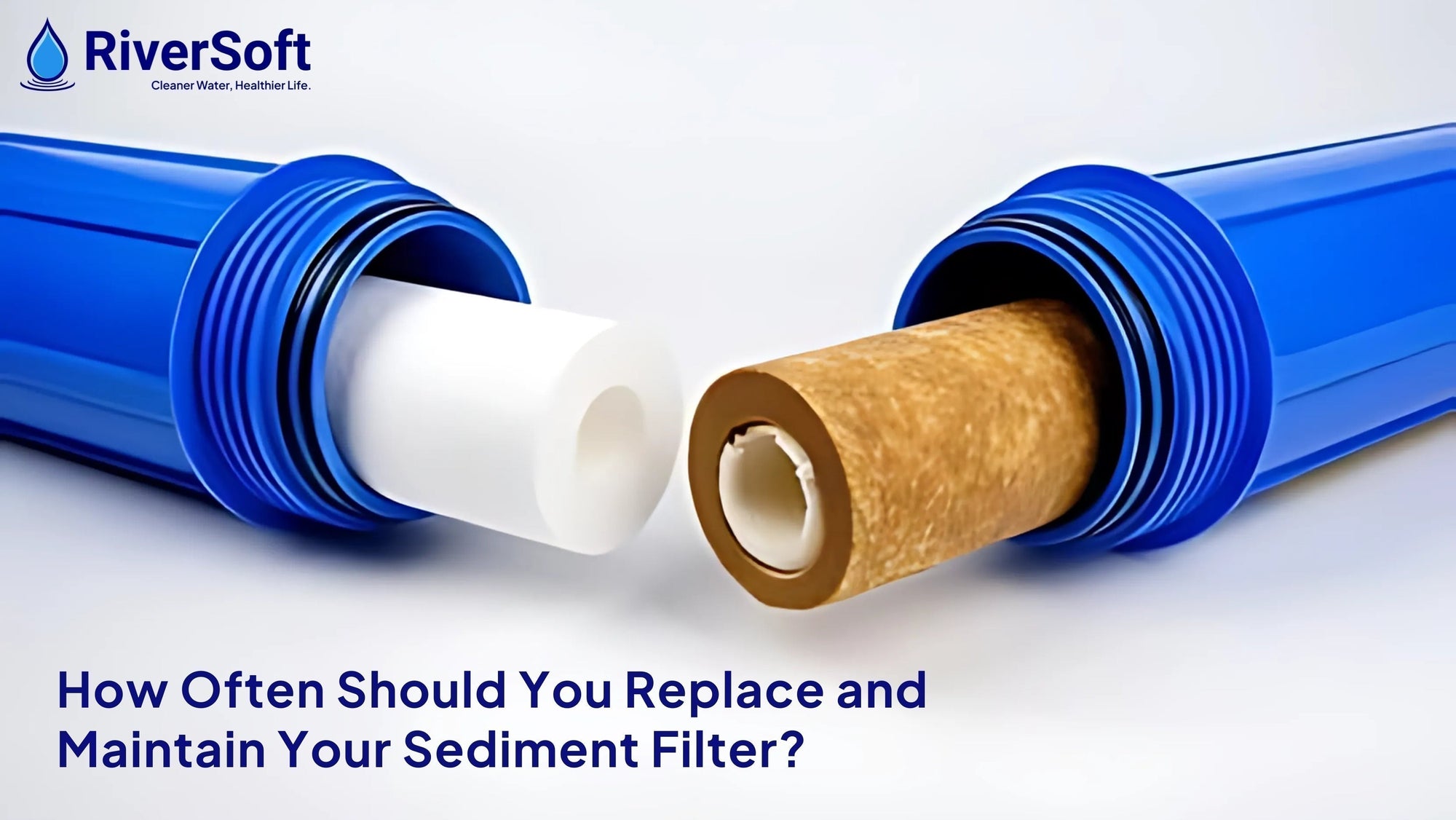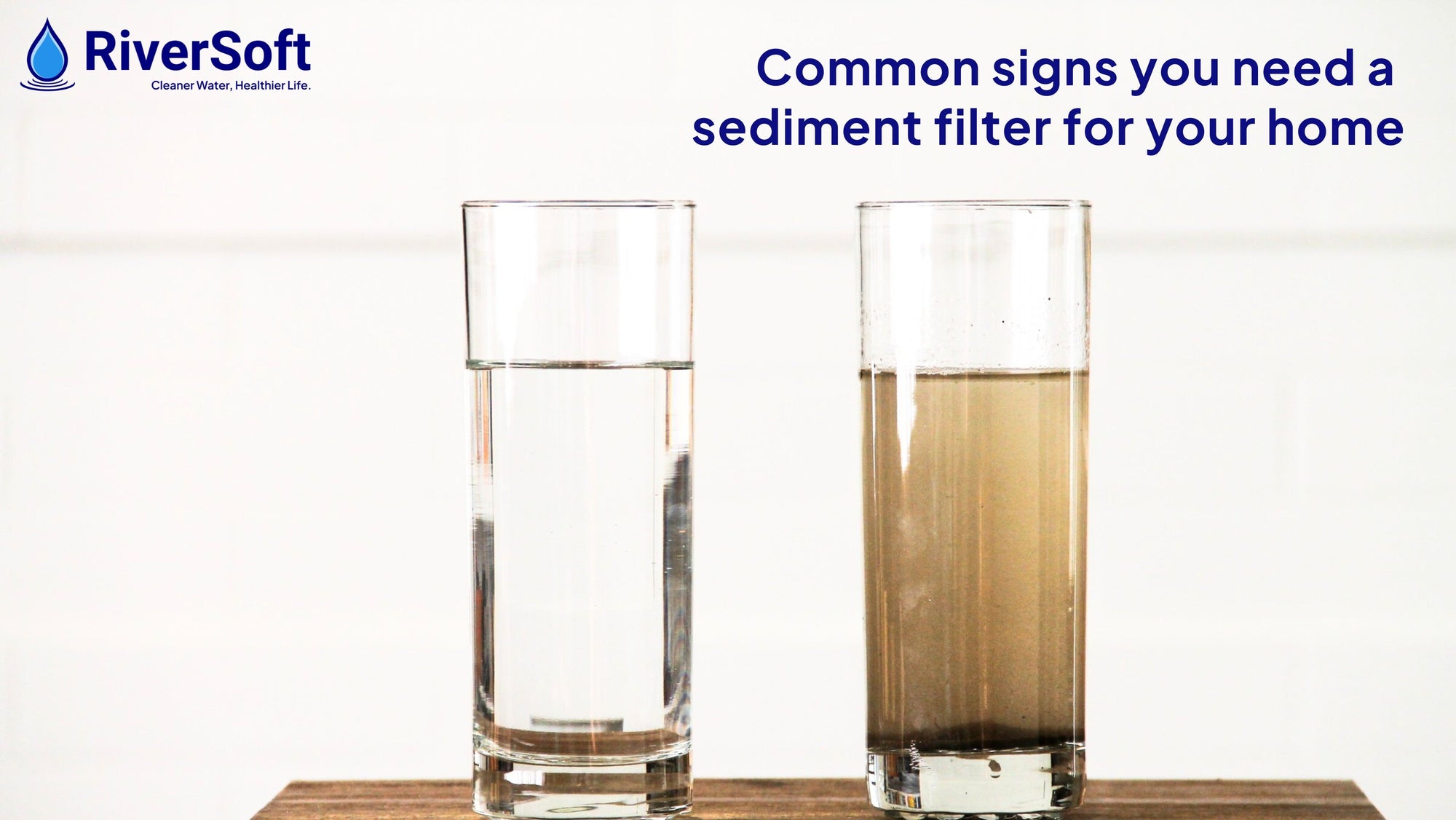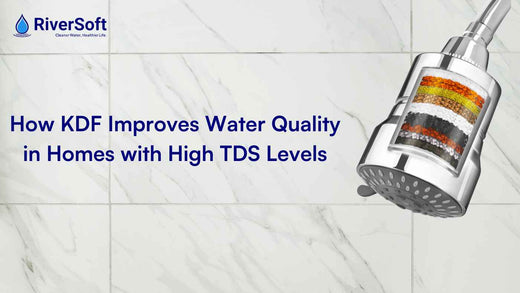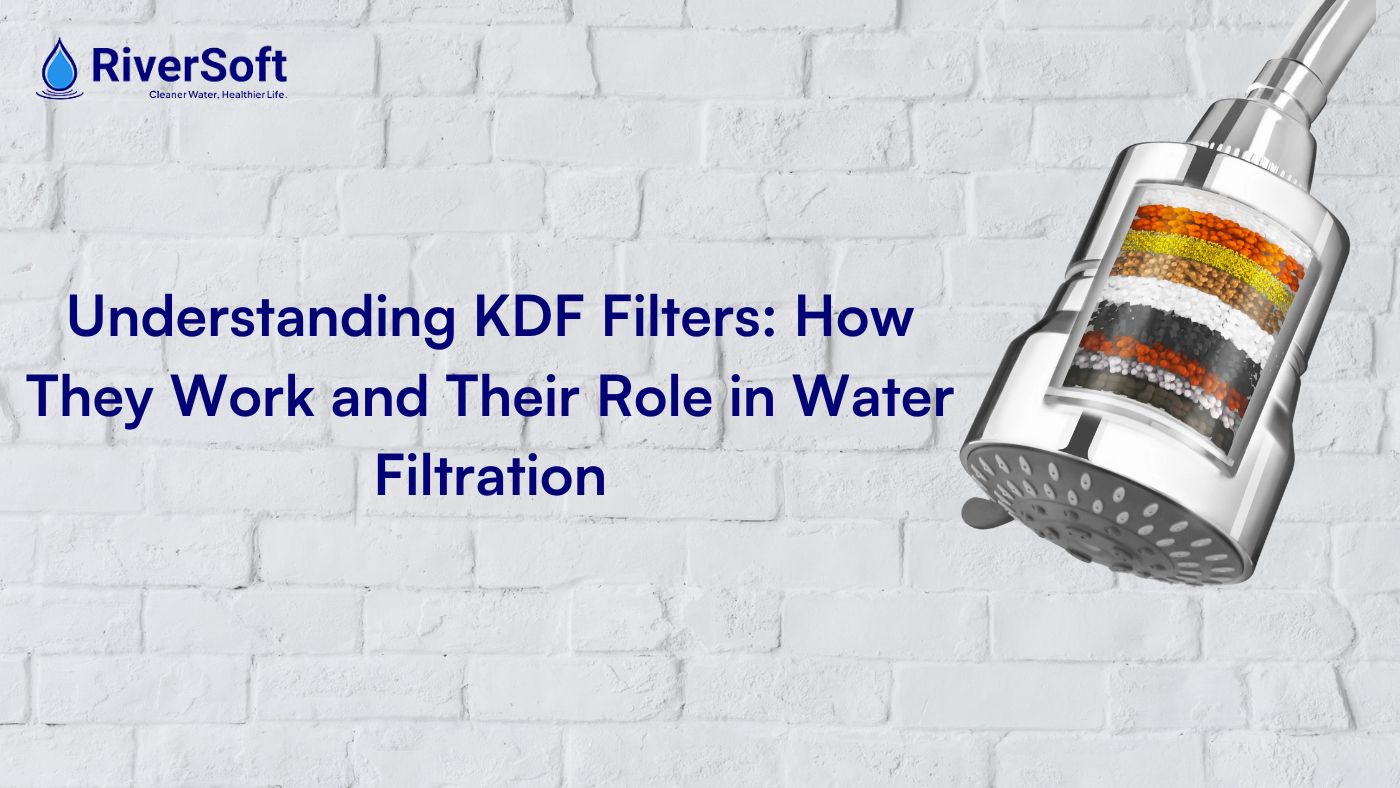Is your tap water leaving white marks on your fixtures, making clothes feel rough, or drying up your skin and making you itch? If so, you may be dealing with a hard water problem common occurrence in most Indian households. In India, approximately 60% of households experience hard water, which is full of minerals such as calcium and magnesium, thus making it a common household phenomenon.
Hard water can silently ruin your day-to-day life, ruining pipes, appliances, clothes, hair, and skin. But too many people dismiss the signs or use quick solutions, only to face more expensive repercussions down the line.
So, how should you handle hard water? It begins with an understanding of what not to do. Let's examine the three most common errors people make and how you can steer clear of them.
Mistake 1: Ignoring Indicators of Hard Water
The most serious mistake is not identifying the early signs of hard water or brushing them aside as minor inconveniences.
Among these are:
-
White scaling or chalky deposits on taps, buckets, or tiles
-
Soap and shampoo do not lather efficiently.
-
Clothes appear faded or stiff after washing.
-
Skin could become rough and dry, further, hair can become very frizzy and brittle.
-
Mineral deposits in pipelines result in a slow water flow.
These are the early warnings. Long-term ignoring may even permanently damage your plumbing system or result in reduced efficiency of geysers and washing machines, causing recurring skin and hair problems. As time passes, it gets worse.
Mistake 2: Temporary Fixes Instead of Long-Term Solutions
Another common method is to rely on quick fixes. People often opt for chemical cleaners, scrub away limescale, or buy bottled water, thinking these will solve the problem.
But here's where it matters:
-
Scrubbing and chemicals are physically intensive and clean only visible surfaces
-
Bottled water works for drinking but not for bathing, cooking, or laundry
-
Soaps and detergents are overused and raise the monthly expenditures.
-
Damage from hard water can keep recurring.
These short-term remedies do not solve the cause of the problem; these quick fixes can be a waste of time, money, and resources. The answer for how to deal with hard water effectively starts with fixing the water at its source, not just the symptoms.
Mistake No. 3 Wrong Choice of Water Treatment Technology
Even when people decide to get the problem resolved, most choose the wrong remedy, often leaving out the very first crucial step-testing the water.
Here are common pitfalls:
-
Getting a water filter for hard water or water softeners without testing for hardness levels of water properly.
-
Installing appliances that do not fit the needs of the particular household.
-
DIY methods that may lead to leaks or broken equipments.
-
Poor understanding of maintenance needs or filter replacement cycles.
Choosing the wrong solution can be more frustrating than the hard water problem itself. The best way to deal with hard water is to test your water first and then choose a product that matches your specific needs.
A smart solution: A tap filter for hard water
If you want an easy, effective way to improve water quality-particularly in smaller household sizes or rental apartments-a water filter for hard water is an excellent starting point. Most of the tap water filter for hard water fit easily onto kitchen or bathroom taps. These compact filters make the water feel better, and do not require any extensive plumbing modifications.
Benefits of using tap filter for hard water:
-
Easy DIY installation with no plumber required
-
Softens water for skin and hair health
-
Improves soap and shampoo lather
-
Helps prolong the life of taps, and bathroom fittings
So if you've been wondering how to convert hard water into soft water, a tap filter for hard water is a smart and economical solution with less fuss.
Each one is good for its particular function, but the solution suit your household type, your water test results, and your lifestyle. A bit of planning goes a long way in dealing with hard water.
Conclusion
Hard water isn't harmful but can be destructive. And the quicker you do something about it, the cheaper and simpler it is to deal with.
Dealing with hard water starts with awareness, followed by choosing the right filter or system. If you’re looking for an easy entry point, consider starting with a tap filter for hard water from RiverSoft. It’s one of the most practical ways to improve your home’s water quality with zero stress.
Try your water today and select a solution that suits your home. Bid farewell to limescale and welcome soft, easy water with RiverSoft.
Reference: Inc42


